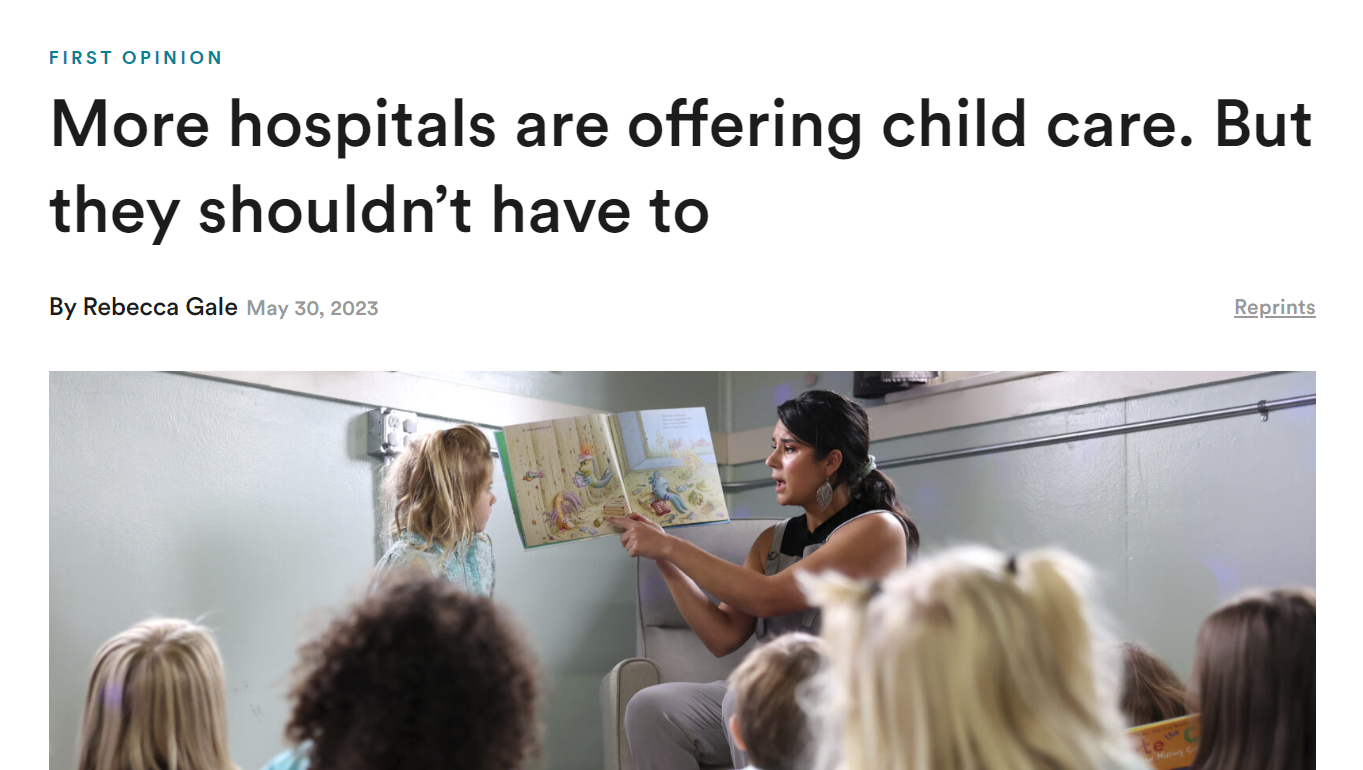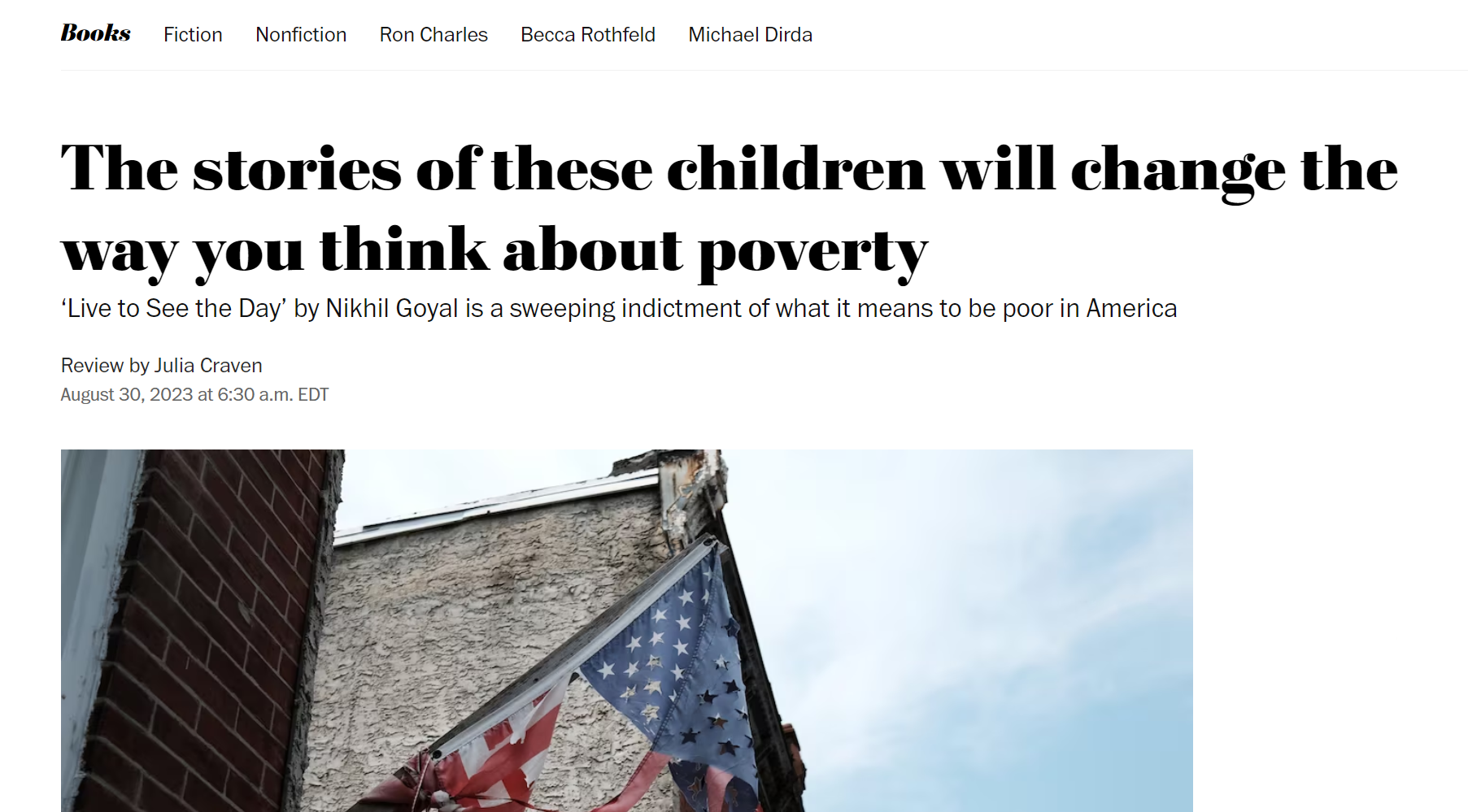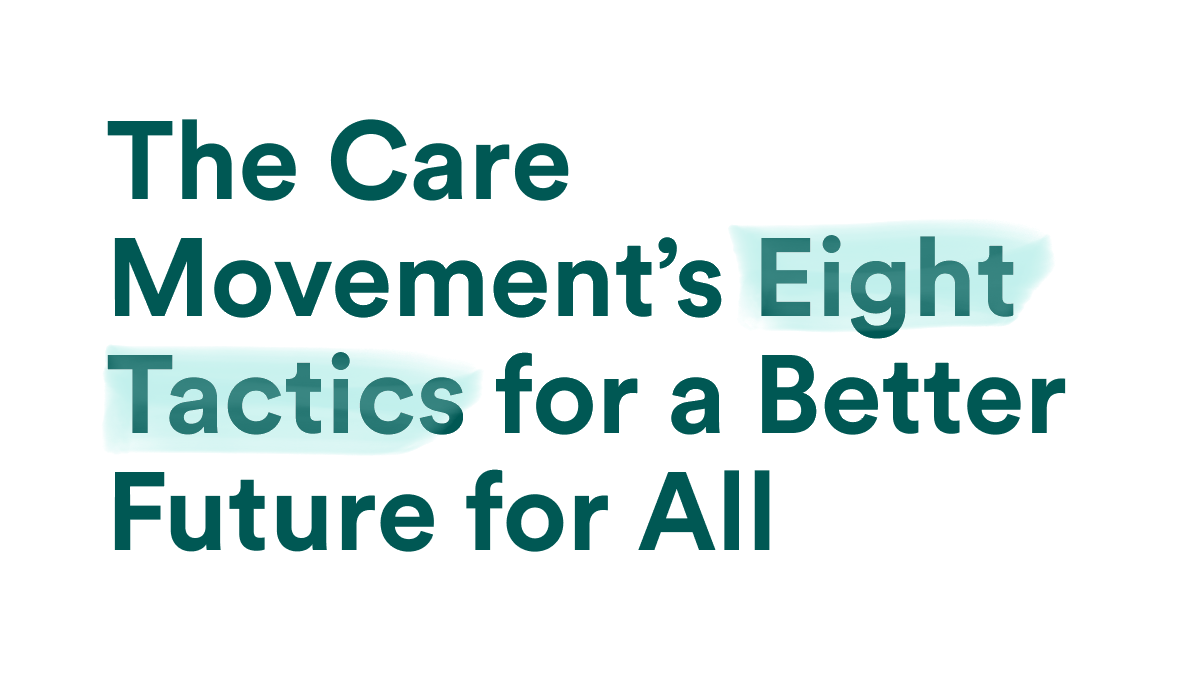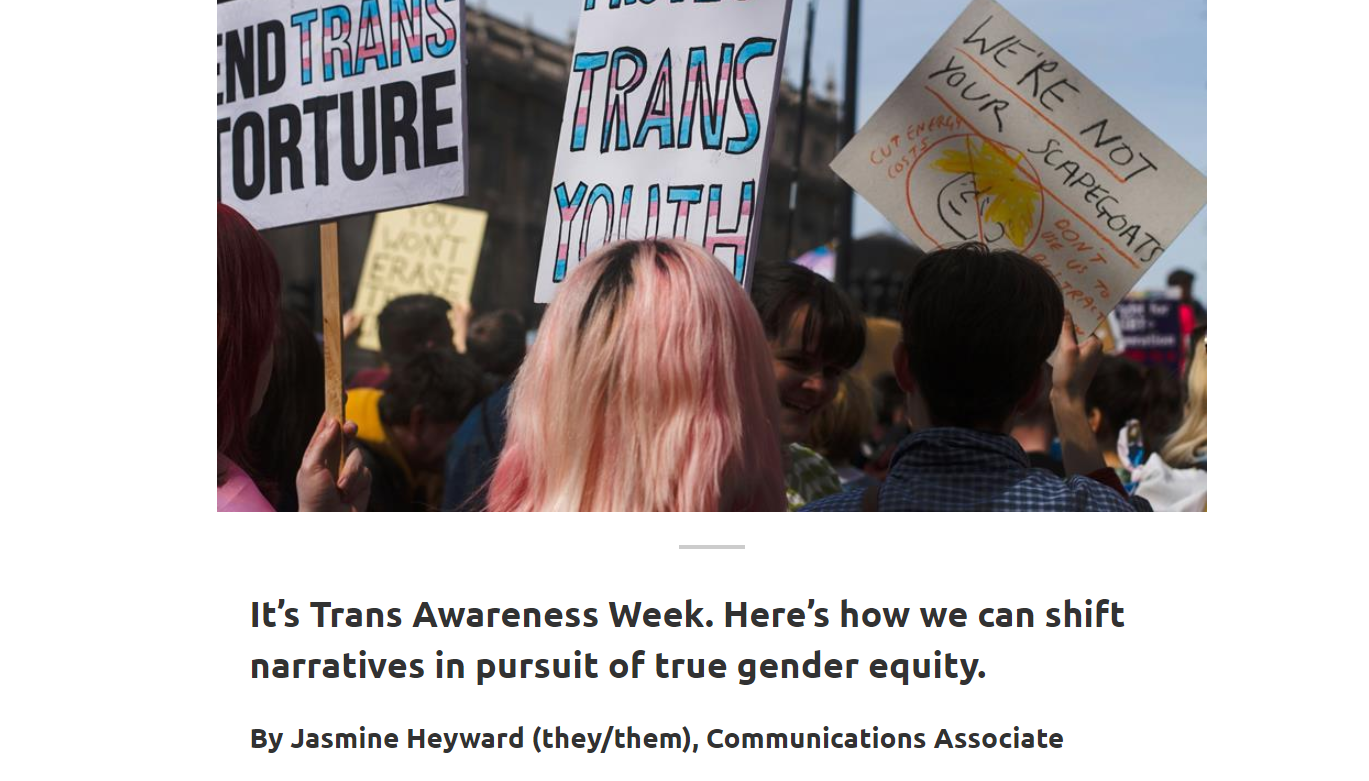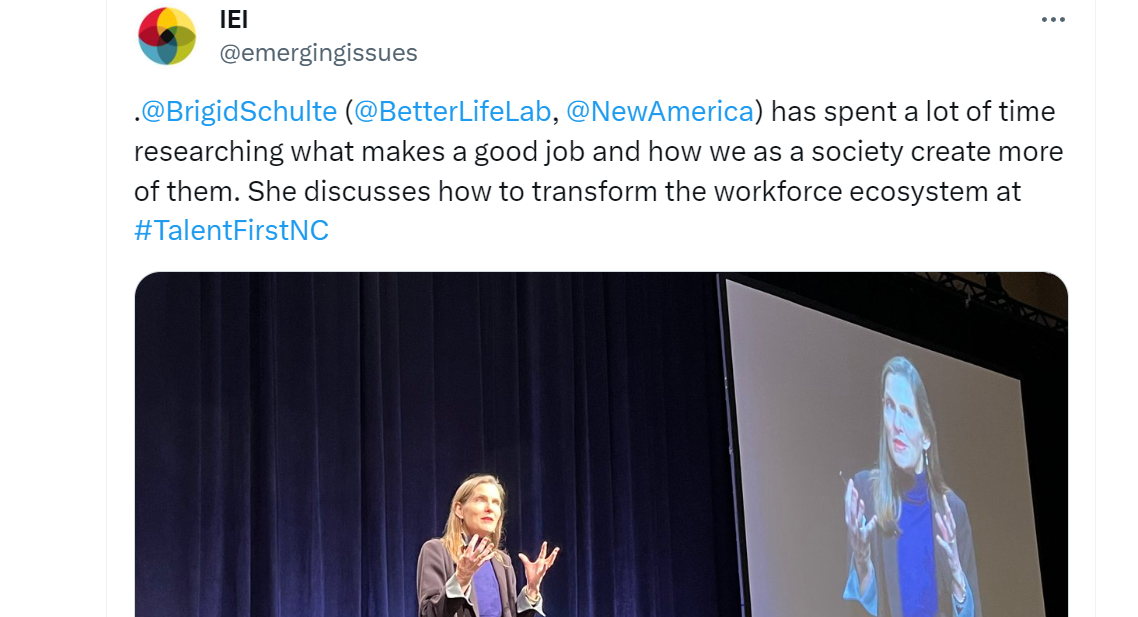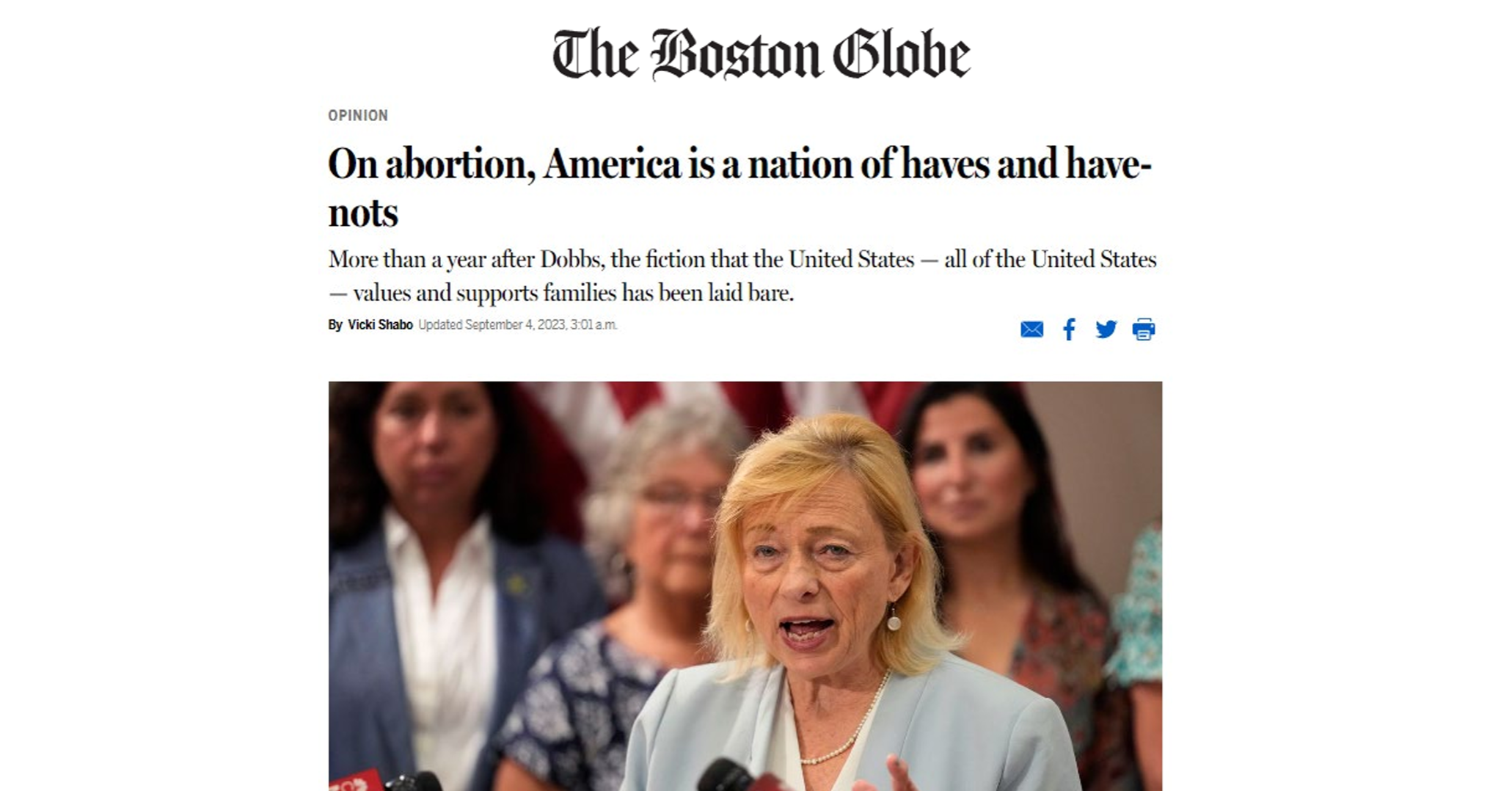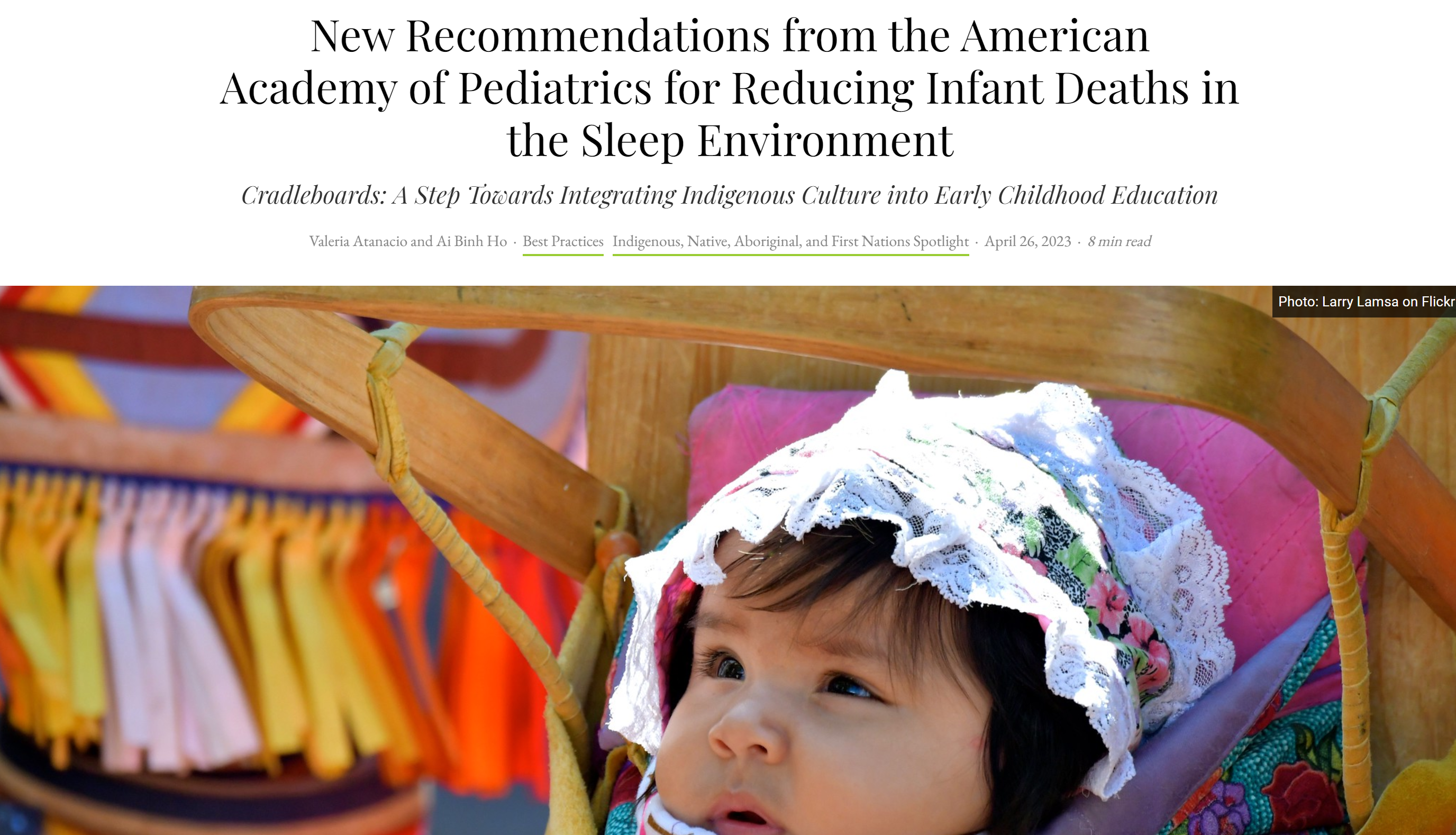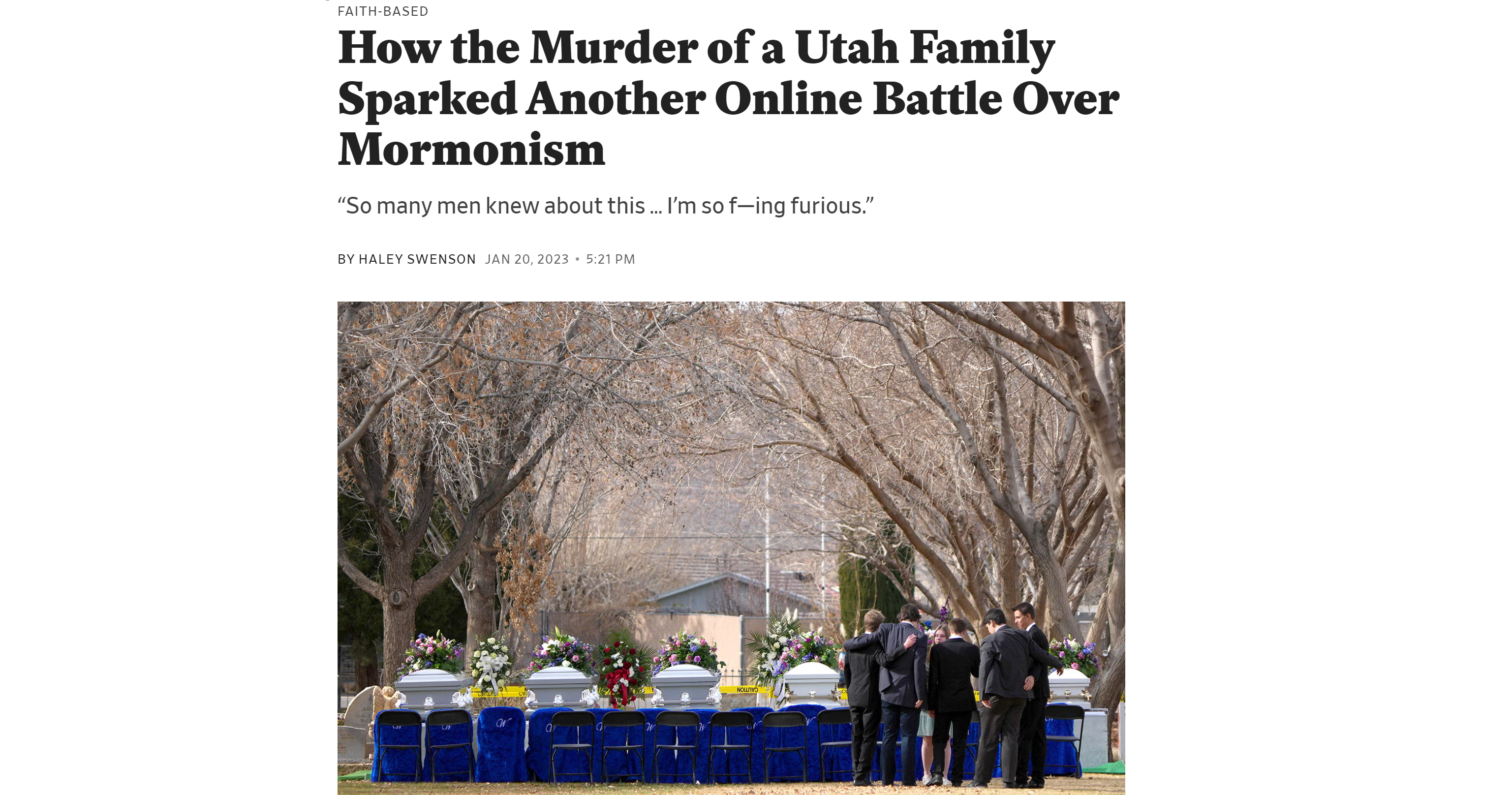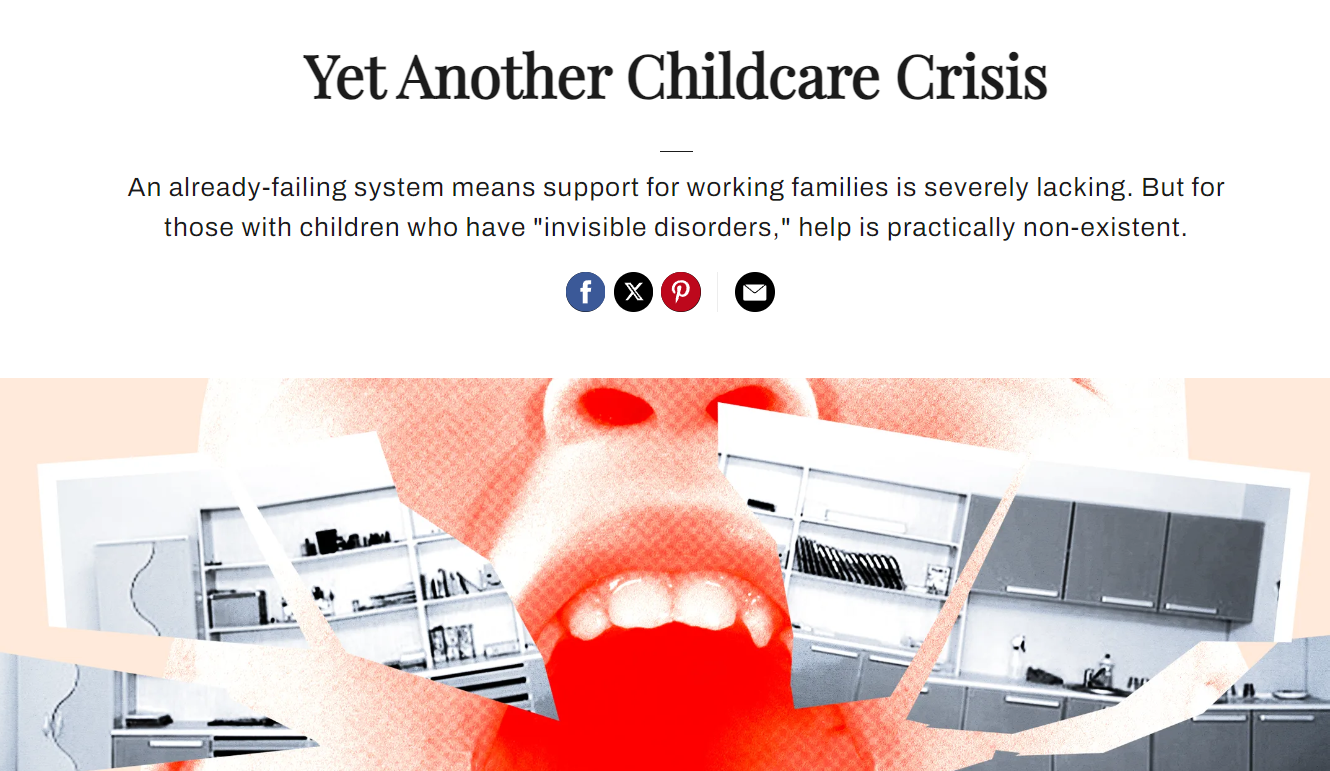The Better Life Lab works to change narratives in order to elevate the value of care, advance intersectional gender equity, and center work-family justice, health, and well-being in public policies, workplace practices, and in national conversations. We pay particular attention to those most disadvantaged by the status quo,
Our vision is a world in which individuals, families, and communities thrive. We know that equitable, accessible, and high-quality work, supportive cultures, and universal policies and practices enable people and families to combine decent work and time to care for loved ones across the arc of their lives.
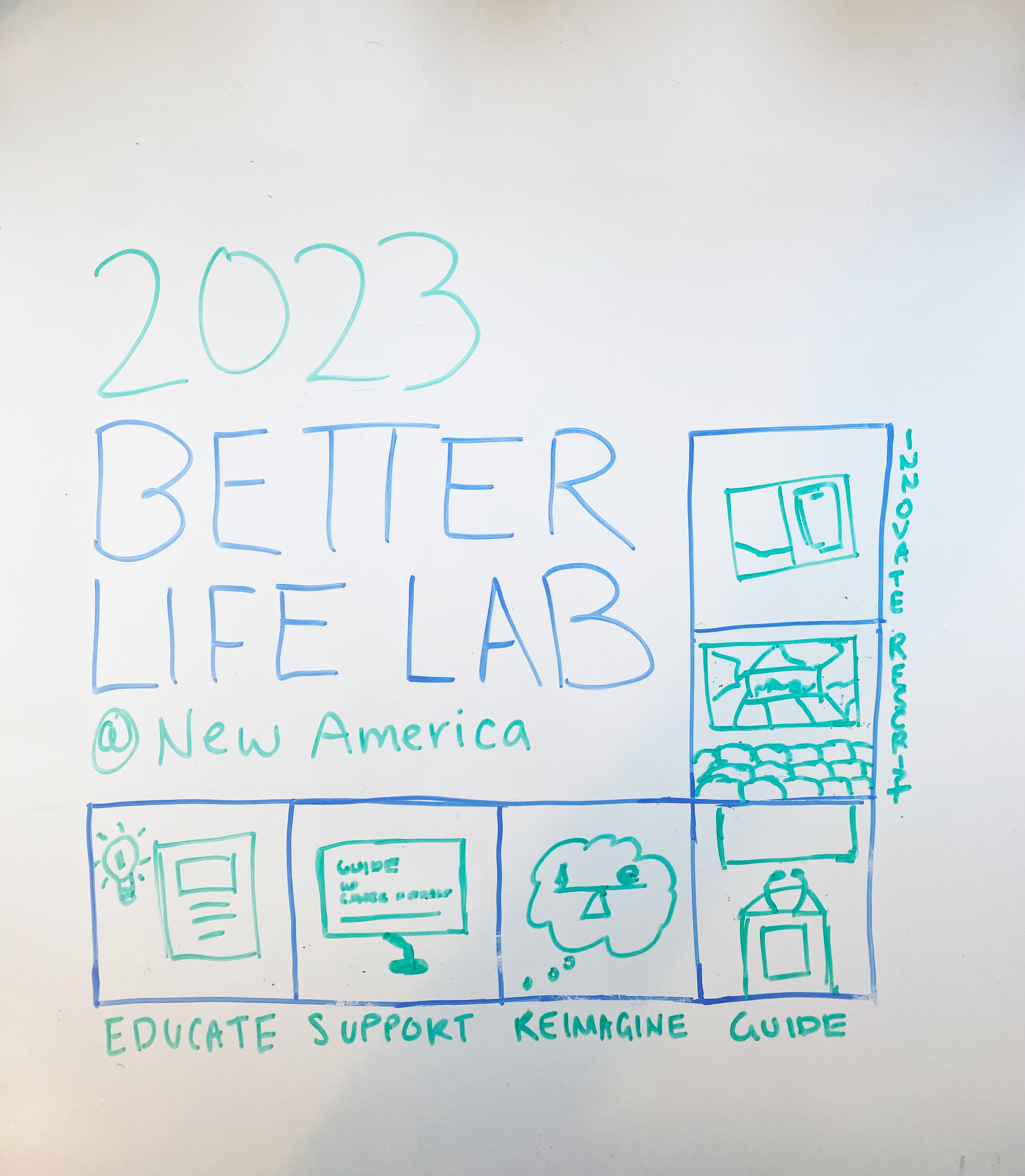
Better Life Lab at New America
2023 Impact and Reach Report
A Note from Our Director
In 2023, the Better Life Lab crafted strong and sticky narratives about the strength of the care movement and the positive impacts that well-designed, equitable, and human-centered public policy can have on families. We countered emerging harmful narratives this year, and research shows that our storytelling approach, which acknowledges challenges but focuses on solutions, is more effective in sparking interest, hope, and action.
We expanded the capacity and diversity of our team, with a key focus on storytelling and communications strategies. And, in a series of compelling multimedia stories, social campaigns, reporting grants, a deeply reported playbook, and events, the Lab has led the way in crafting a new national story. We highlighted how care and gender equality truly can’t wait and how state, local, and interest-based communities are innovating to address the care crisis, including using federal pandemic dollars creatively to make life better for families and children, particularly those most marginalized.
As we look forward to 2024 and what’s likely to be a tumultuous presidential election, the BLL team has been at work designing our three-year strategic plan, redefining our mission, vision, and values, and sharpening our narrative change focus in order to maximize influence, reach, and impact. We look forward to both meeting the challenges of the moment and driving work-family justice wins in the long term. We remain committed to an innovative, agile, and justice-oriented approach to ensure a Better Life at work and access to care for all.
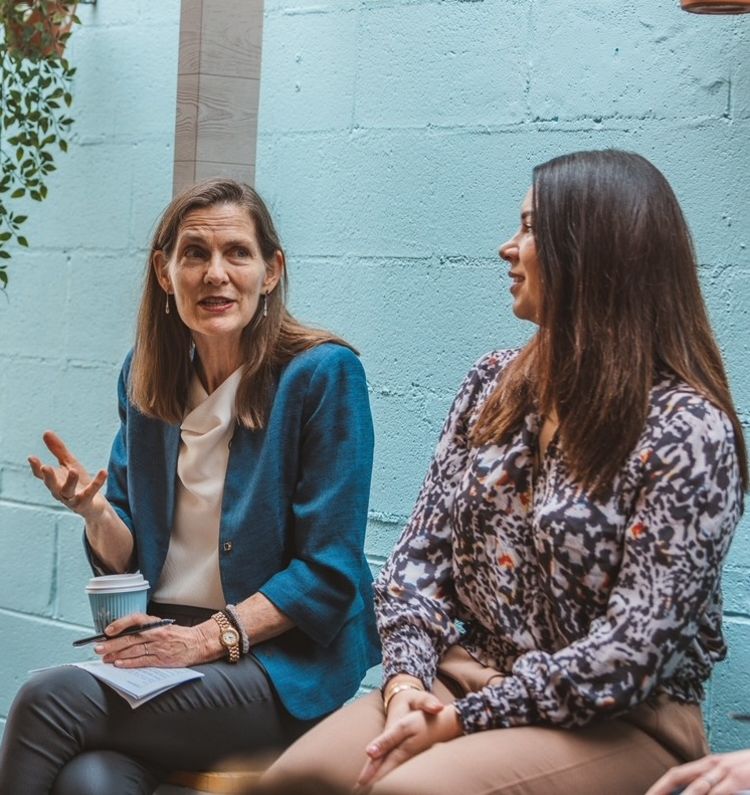
Our Work
At the Better Life Lab, our unique value is taking a multi-faceted approach that promotes work-family justice through several avenues. This year we continued to:
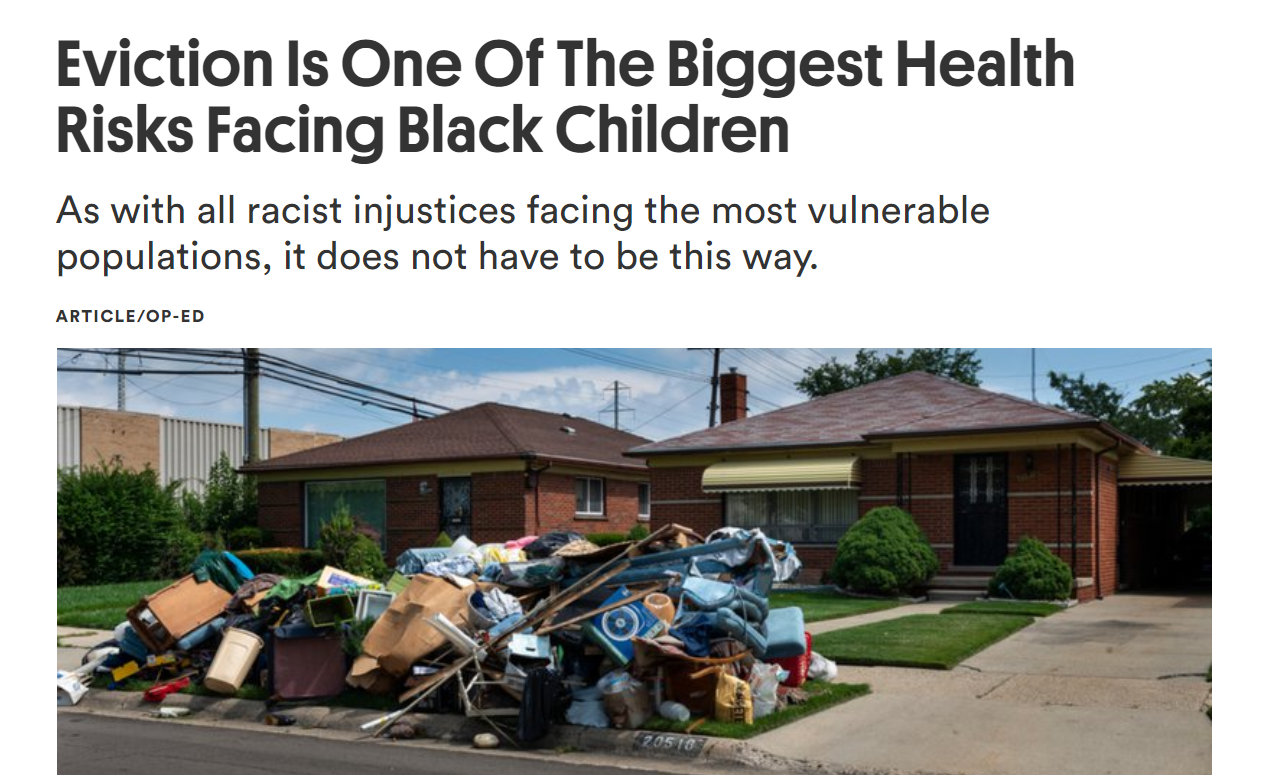
Educate publics
We informed people about the realities of care and work-family justice in the U.S. — through high-quality, solutions-focused journalism and other mass media products, deeply researched reports, curated audio and video content, convenings, and social media posts.
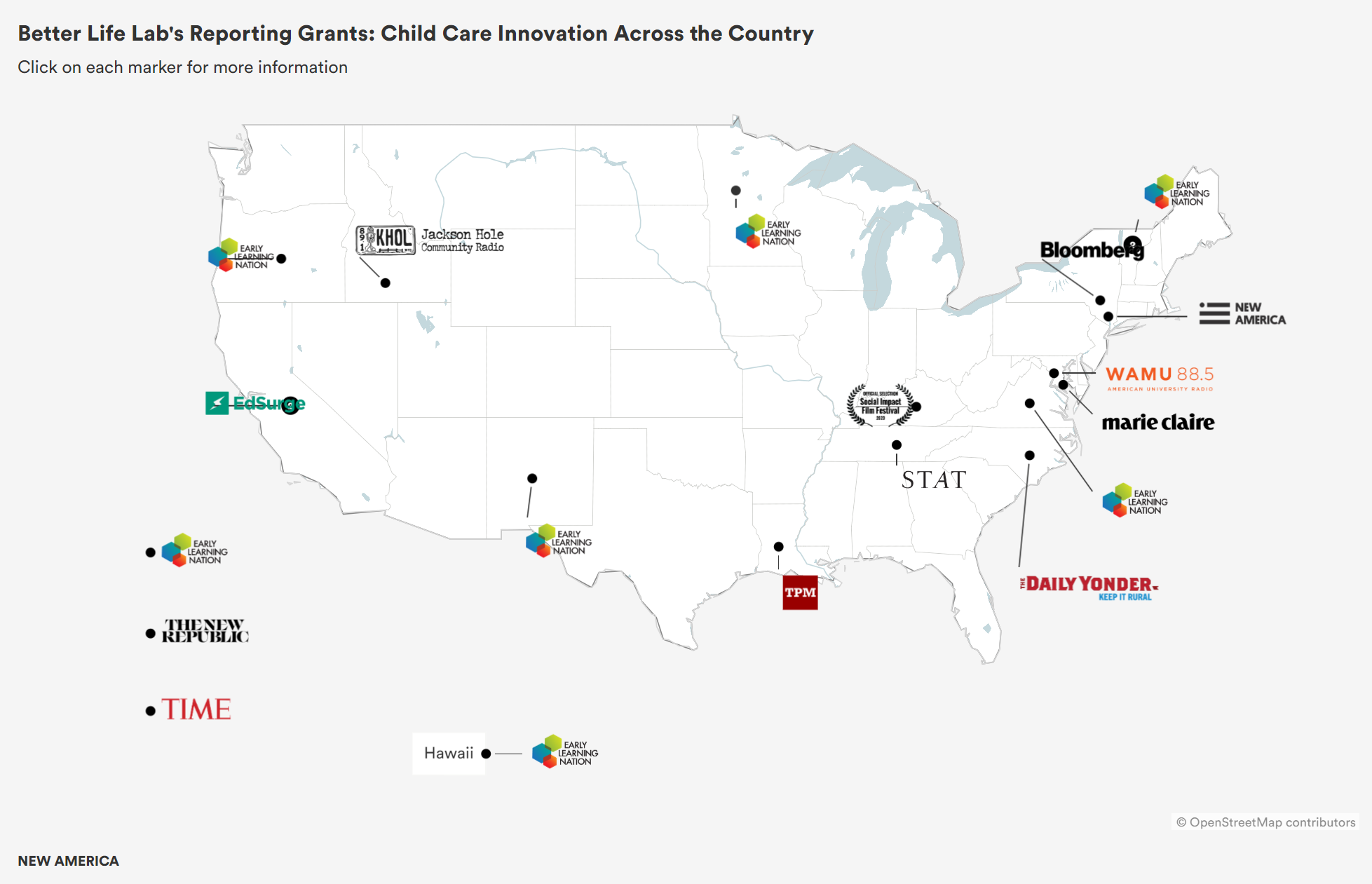
Support storytellers
We supported storytellers interested in care and work-family justice through our reporting grants, narrative change workshops, and participation in events for new writers.
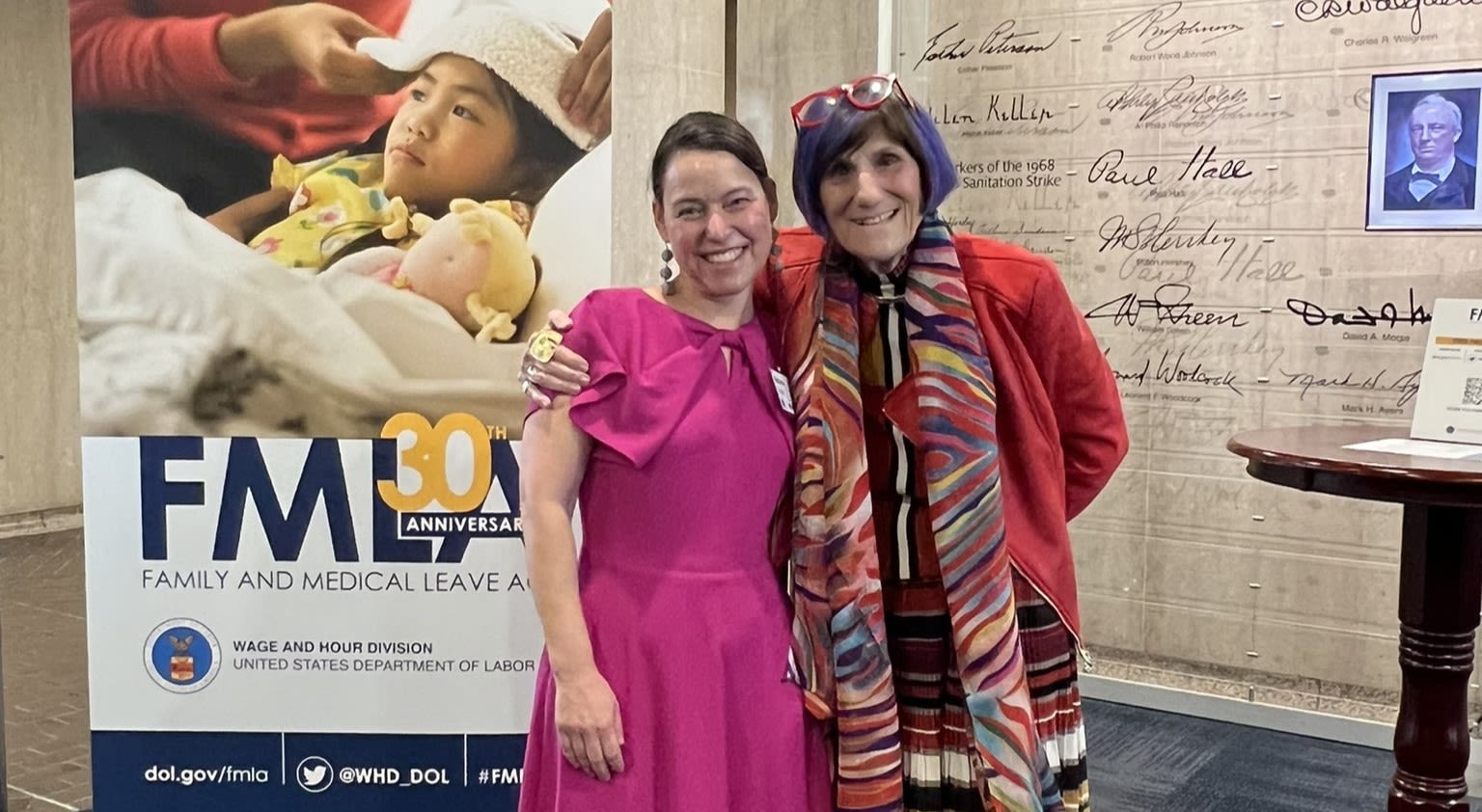
Guide public policy
We worked to shape state and federal policy through technical assistance to government decision-makers and collaboration with community-based and national public interest groups.
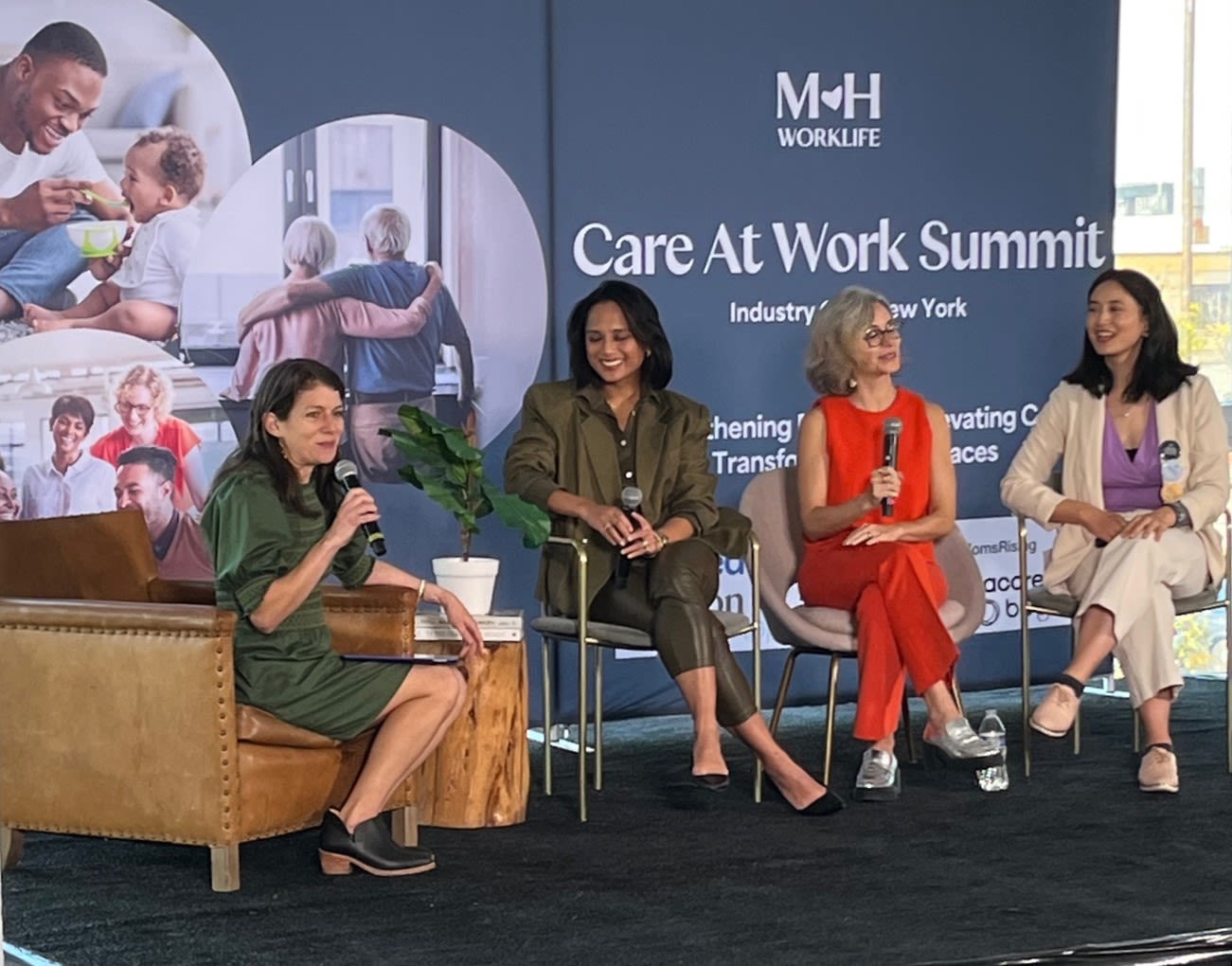
Reimagine work and care on the public stage
We presented novel ideas around workplace culture and care infrastructure at events and in media appearances.
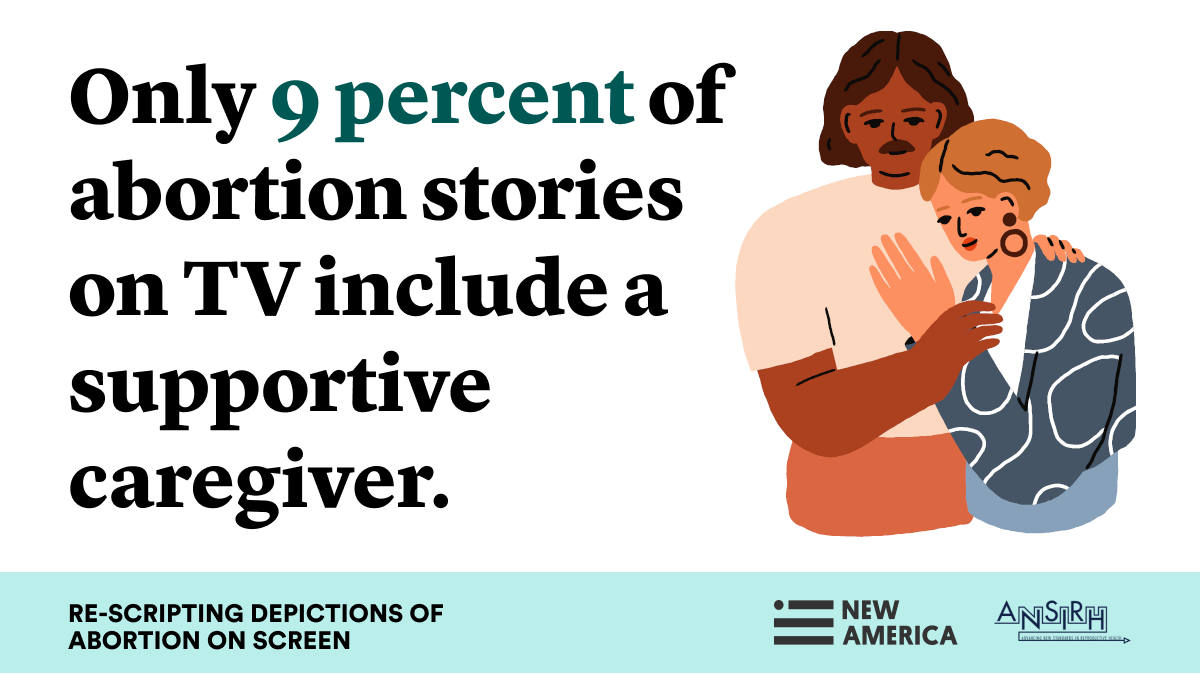
Re-script popular culture
We briefed and assisted entertainment creatives and executives to help shift the fictional narratives around gender, families, work, and care that play an outsized role in shaping cultural beliefs and norms.
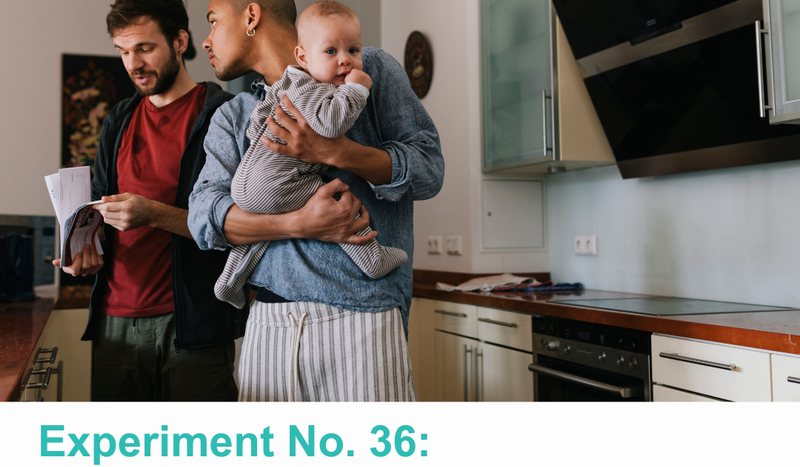
Innovate and iterate new solutions
We designed, tested, and re-designed new solutions to family, equity, and care challenges through our Better Life Lab Experiments (BLLx), our Better Work Toolkits, our Mission:Visible project to amplify diverse voices in the national conversation, and our newsletter, Your Life, Better.
Educating publics
Many Americans simply aren’t aware of the complexities of work, family, and care in our country, or how a lack of universal care policies—paid leave and child care for all, for instance— affects their lives and the lives of their loved ones. The media has often oversimplified or ignored work, gender, and care justice, especially as thousands of media outlets continue to shrink or shutter. With more information, people may realize that advocating for new public, political, and private solutions is aligned with their values, and become invested and active in this space.
This year, more than fifty articles and reports written by our team members were published in media outlets, and through New America’s channels, and we were quoted or cited in nearly forty other works.
Our expertise reached a wide variety of audiences — professionals in a range of industries and lay people. Our work appeared in influential legacy outlets like the New York Times and the Washington Post and in more accessible digital media outlets such as Slate and Vox.
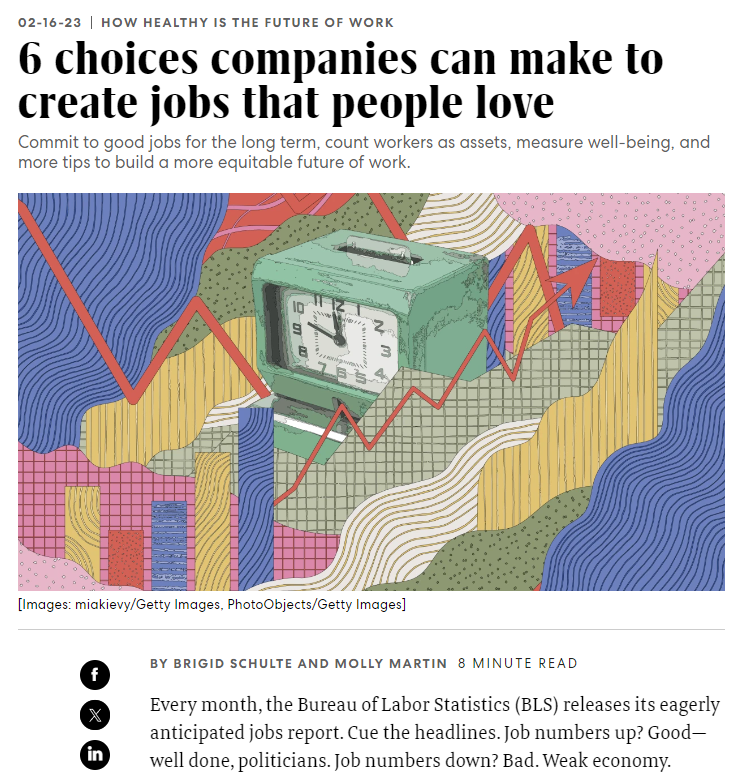
We reached targeted demographics, such as millennial women via theSkimm, reform-minded legislators and advocates through the State Innovation Exchange, progressive business leaders through Fast Company, and entertainment-industry professionals through Storyline Partners.
Through our journalism work, we centered lived experiences, which we believe to be the most essential form of expertise and the most effective way to change attitudes. In our research, we explored the systemic factors that limit families and perpetuate inequities, along with the tactics that are most effective in advocating for change. And we launched the Better Life Conversation series to bring the ideas of thinkers, dreamers, and doers whose work is often siloed to larger audiences.
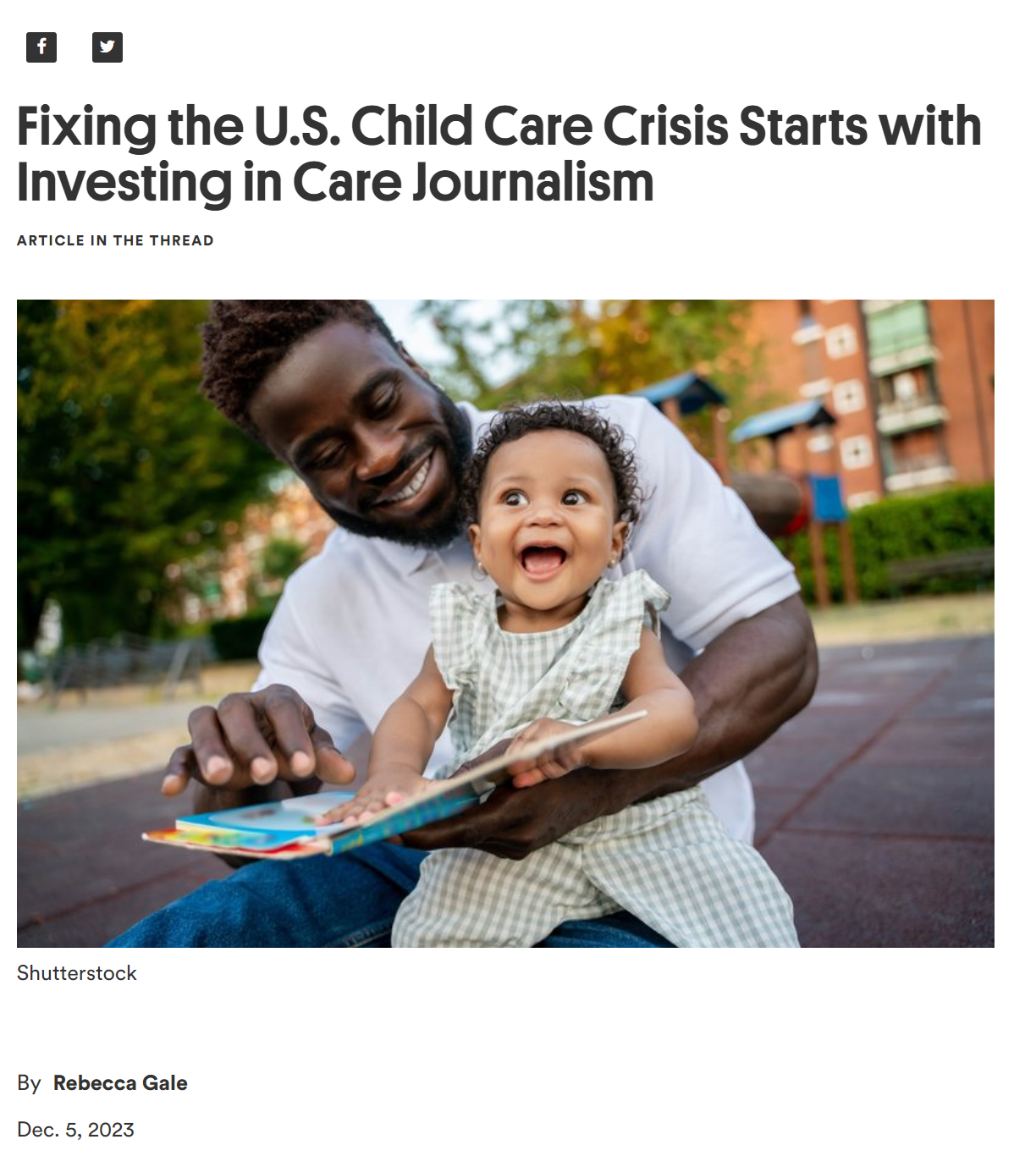

Our Work Highlights
Here are some of our favorite pieces from this year:
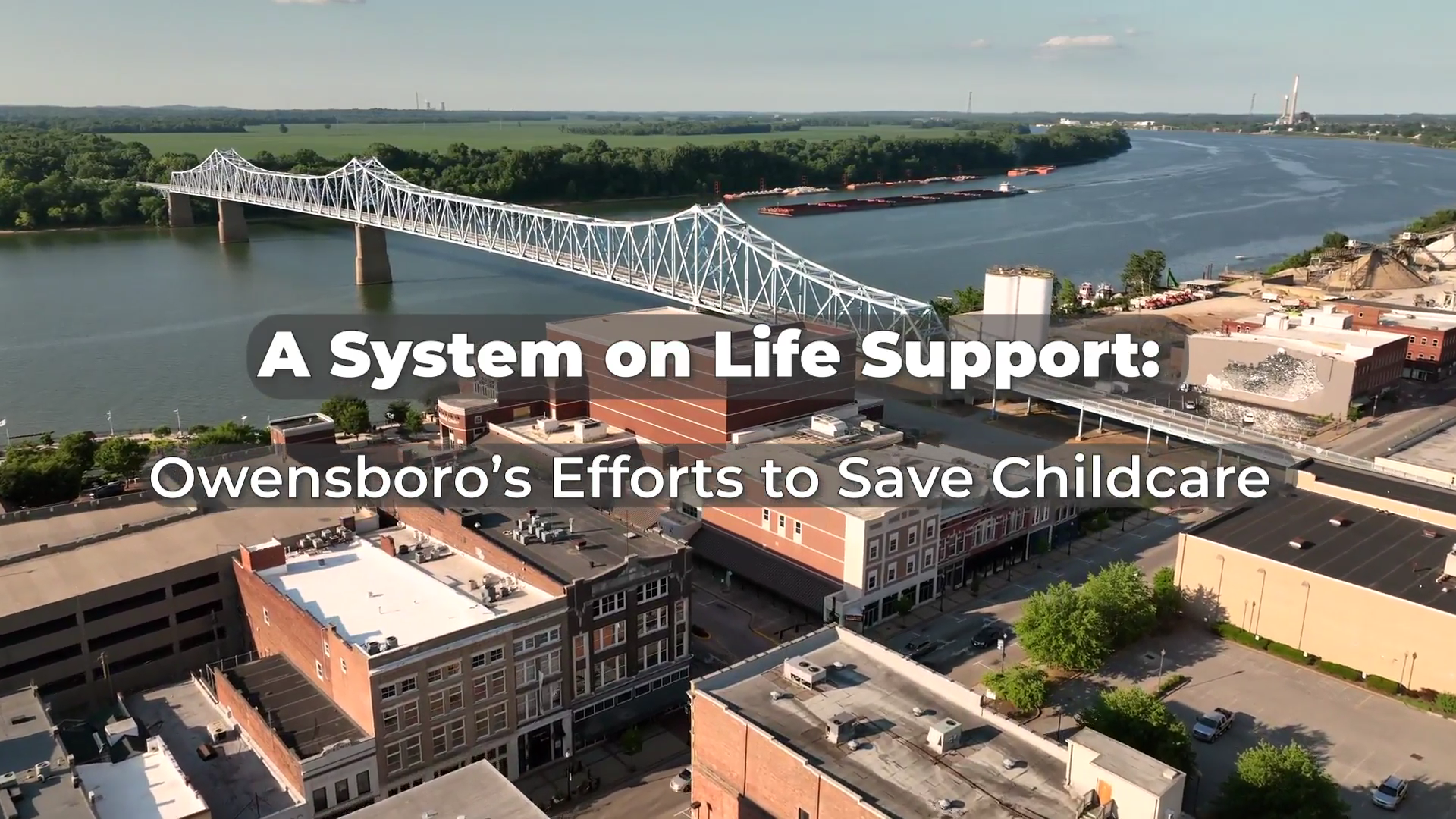
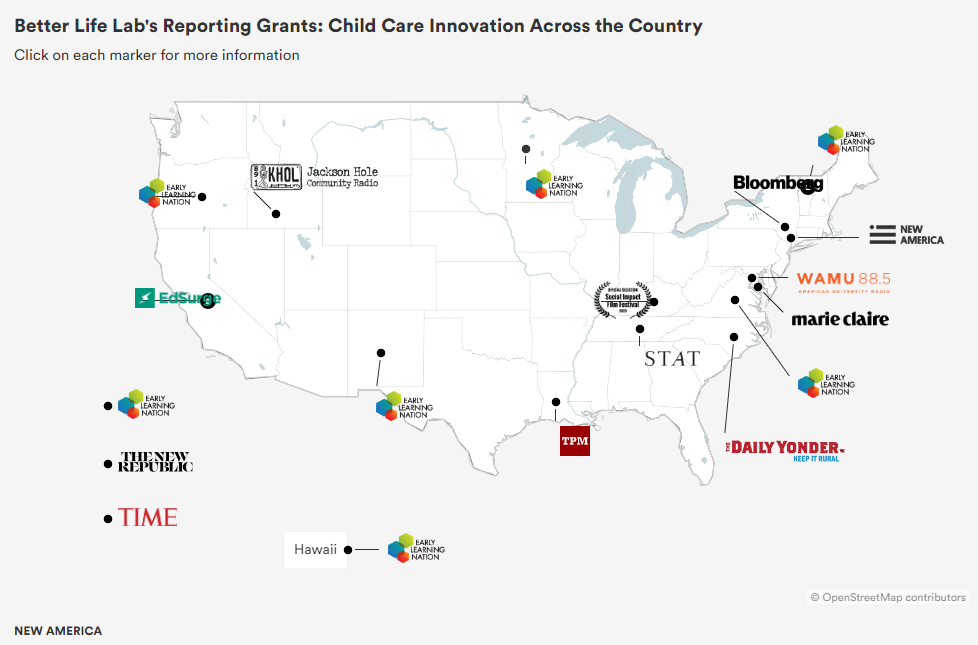
Supporting storytellers

We are a small team with specific lived experiences, and there are infinite stories to be told. Our narrative change strategy focuses on not only producing our own work, but on expanding the diversity and strengthening the chorus of storytellers. Our emphasis on equitable, ethical and just storytelling demands that we not only produce content but that we share tools with others so they can tell their stories.
This year, ten stories were published by our reporting grantees, including two graphic stories, one audio story, and one documentary short. We also participated in five events that championed storytellers interested in narrative change work.

Our reporting grantees investigated novel solutions to problems of child care access around the country. By supporting a care reporting fellow, we produced a groundbreaking report, blog posts, journalism, an event, and media appearances identifying successful strategies to further the care movement.
Through workshops and other events, we shared our knowledge of narrative change and its impact with peer organizations and individual creators.
Reimagining work and care on the public stage
Many of our nation's shortcomings around care and family have become normalized as “the way it is here.” The first step is daring to dream bigger, highlighting hopeful bright spots where change is already underway, and encouraging others to join us.
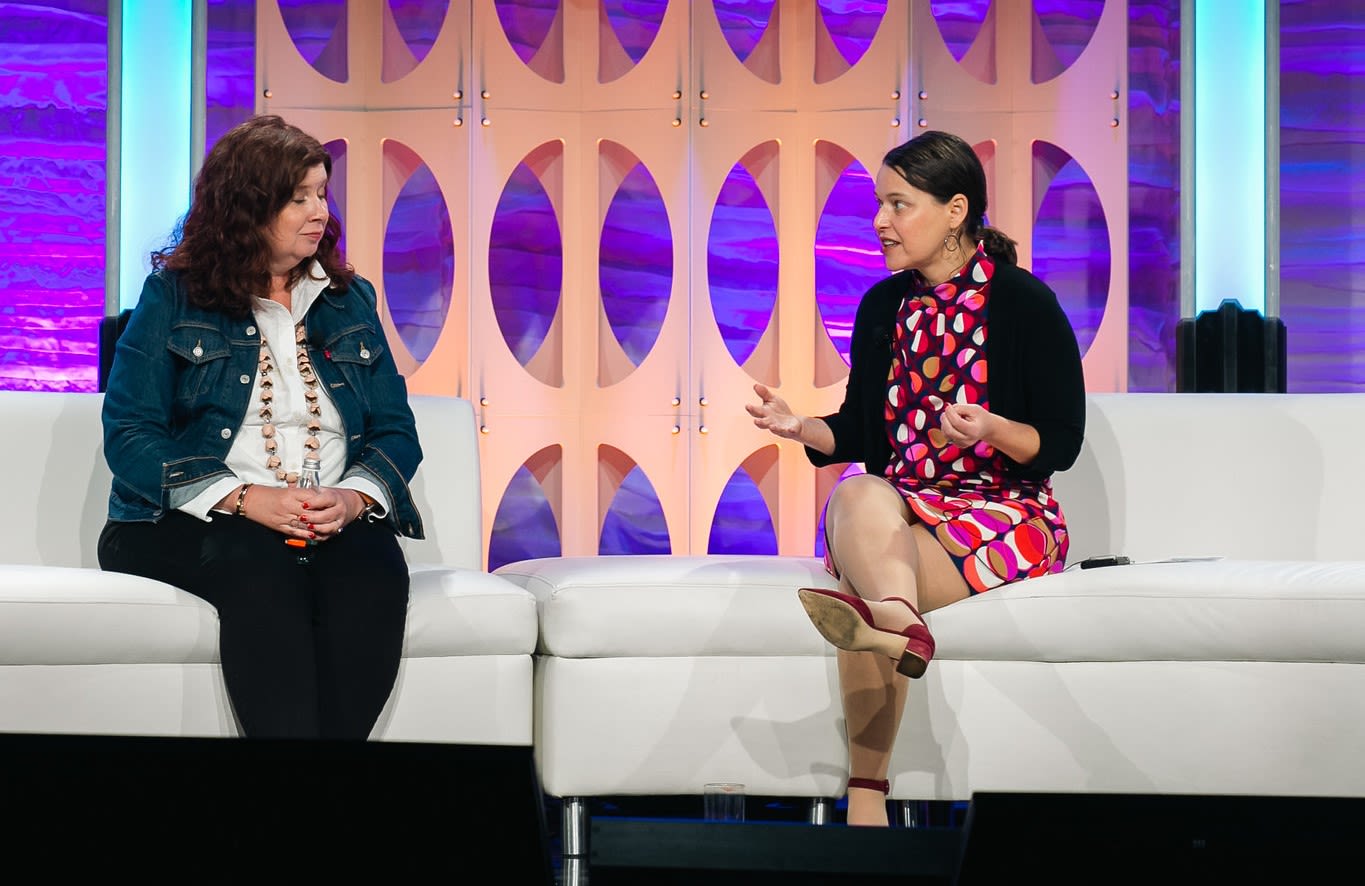
We presented at more than twenty events and appeared on five podcasts. We hosted an event with the UCLA World Policy Analysis Center on achieving gender equality in our lifetimes and a symposium, in conjunction with the academic Council on Contemporary Families, on what we learned about gender equity during the early years of the pandemic. In the process, we introduced thousands of people to new ideas for the future of work and wellbeing culture, paid family and medical leave, attitudes around motherhood expectations, gender equality, support for pregnant workers, child care, and more.
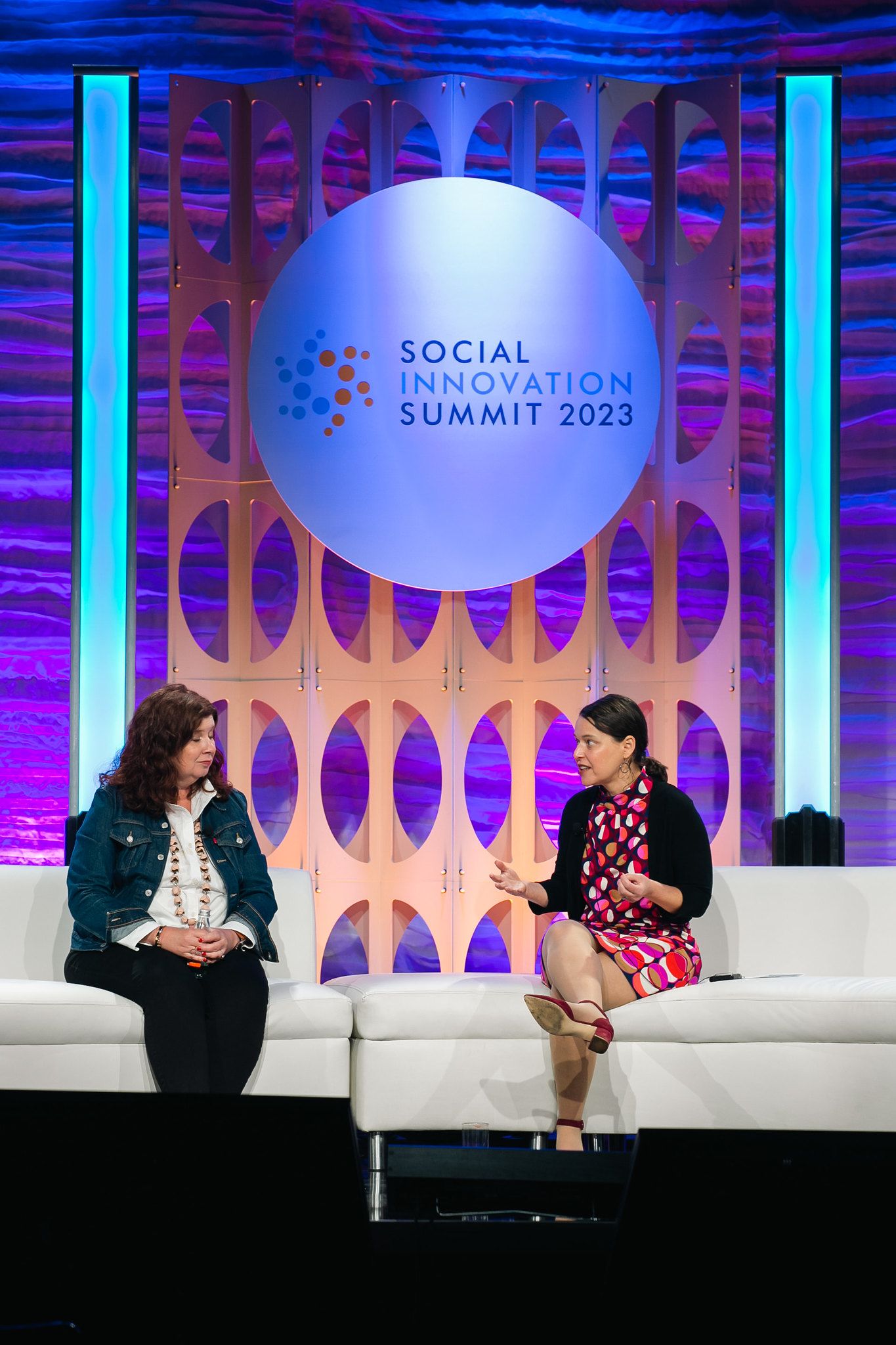
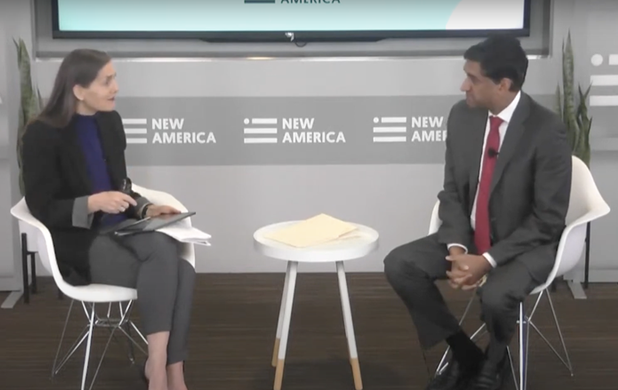
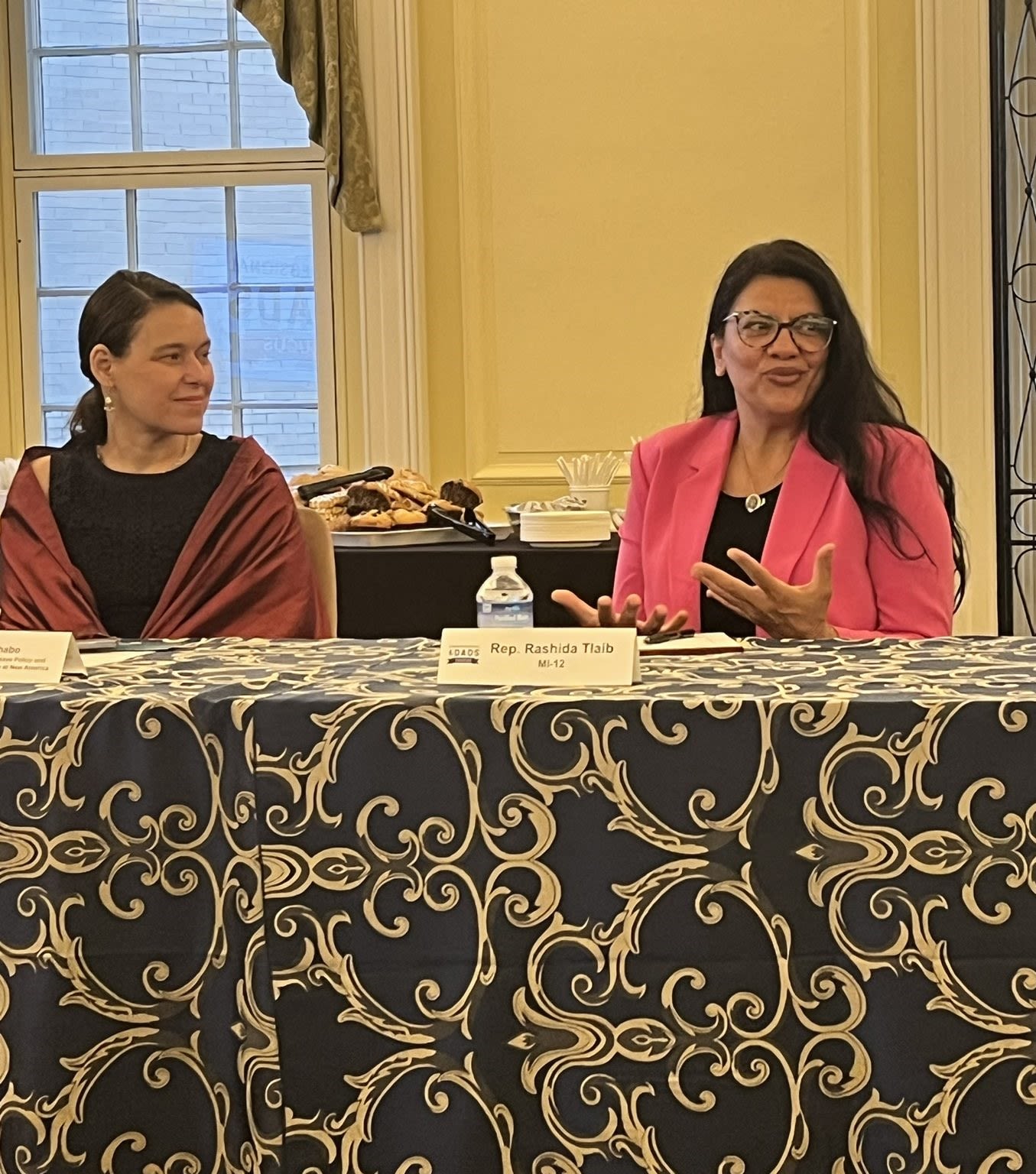
Guiding Public Policy
We believe there is tremendous value in working with community leaders and advocates to champion evidence-based policy changes that will create healthier families and advance workplace equity for historically marginalized communities as well as women overall. Policy can impact everyone in a community, making it an essential tool for systems-level change.
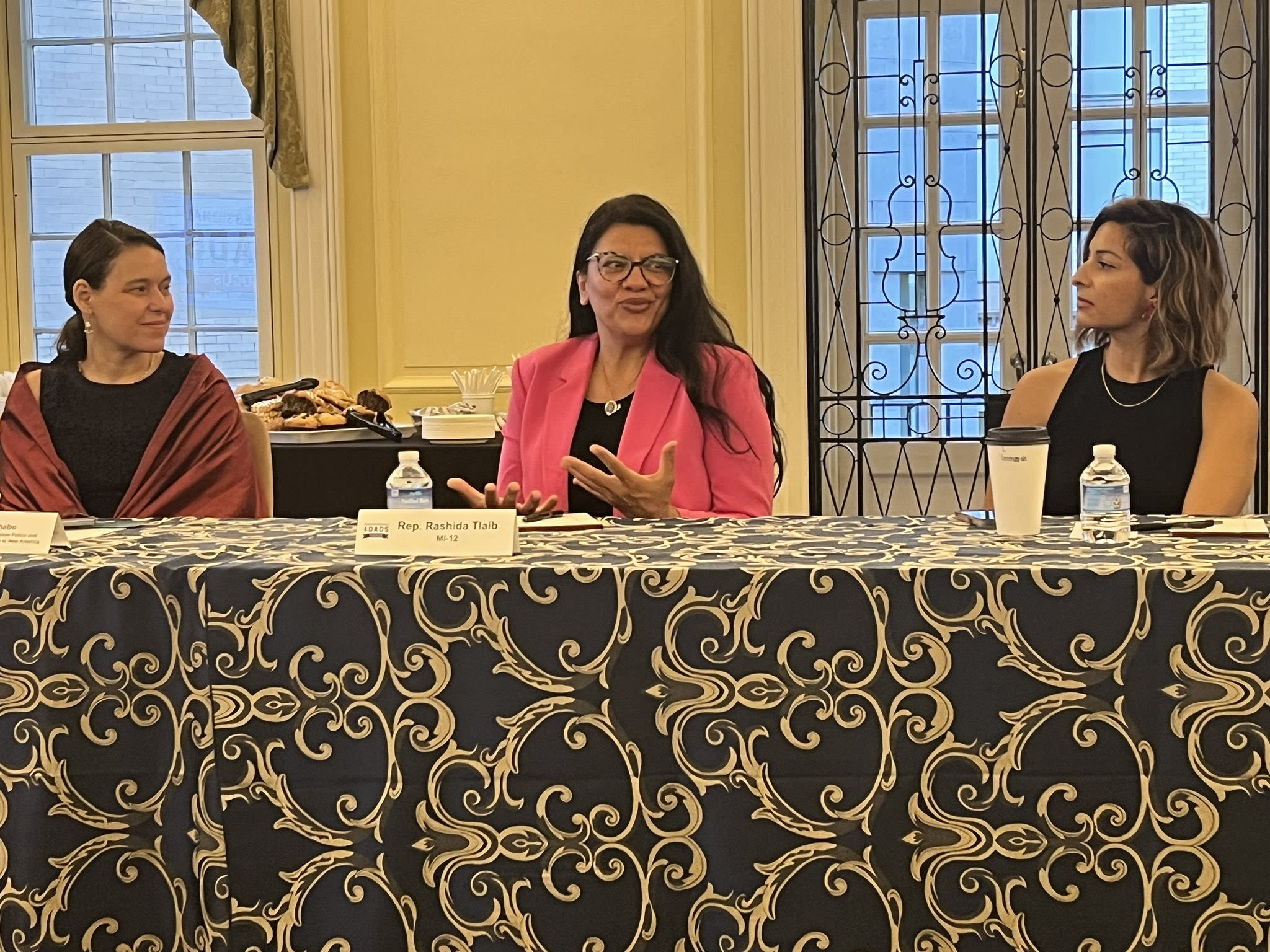
We shared our expertise with state legislators, members of Congress, and the Biden administration through ten letters, memos, and testimonies. We also consulted on campaign strategies with advocacy partners in at least nine states.
Through this work, we helped educate policymakers and stakeholders about the benefits of paid leave and universal child care policies and why they are an essential part of expanding care infrastructure to support better lives and a stronger economy for all Americans. Our contributions to this conversation supported the passage of paid leave legislation in two states and furthered progress on equitably-designed policies in several others.
Re-scripting popular culture
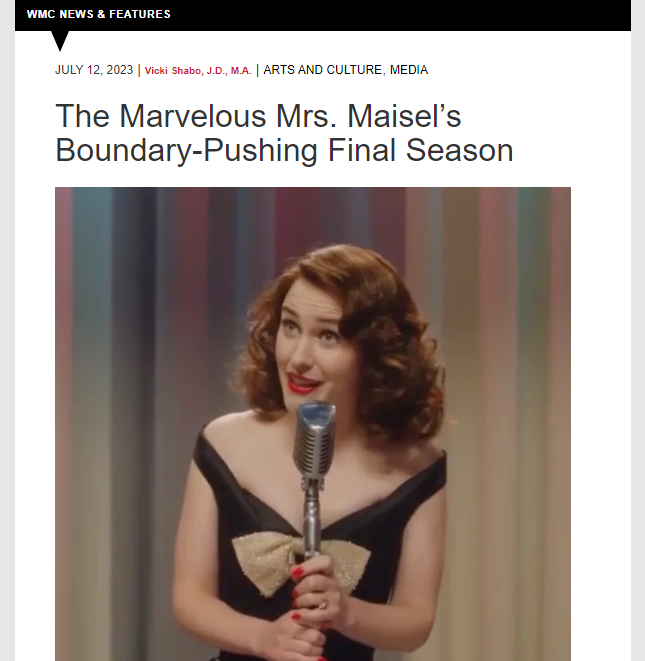
Entertainment media is a huge driver of cultural conversation and norms, and it reaches audiences that may not be engaged with news, political, or academic writing. With more nuanced depictions of gender, work, family, and care in fictional media, we can shape attitudes on these issues at the individual and cultural level, creating momentum and support for policy change.
In the first full year of our new initiative focused on entertainment-based narrative and culture change, we had more than thirty conversations with entertainment industry professionals interested in issues of representation, along with writing eight articles and reports and giving eight presentations to groups of creatives at all stages of their careers, from pre-professional writers and producers to seasoned members of the Writers Guild of America, as well as to agents and informal groups of interested entertainment leaders. Through discussions with leaders at major media companies, we were able to emphasize the importance and impact of nuanced and accurate stories about work, family, and care issues to primary decision-makers in the pop culture space.

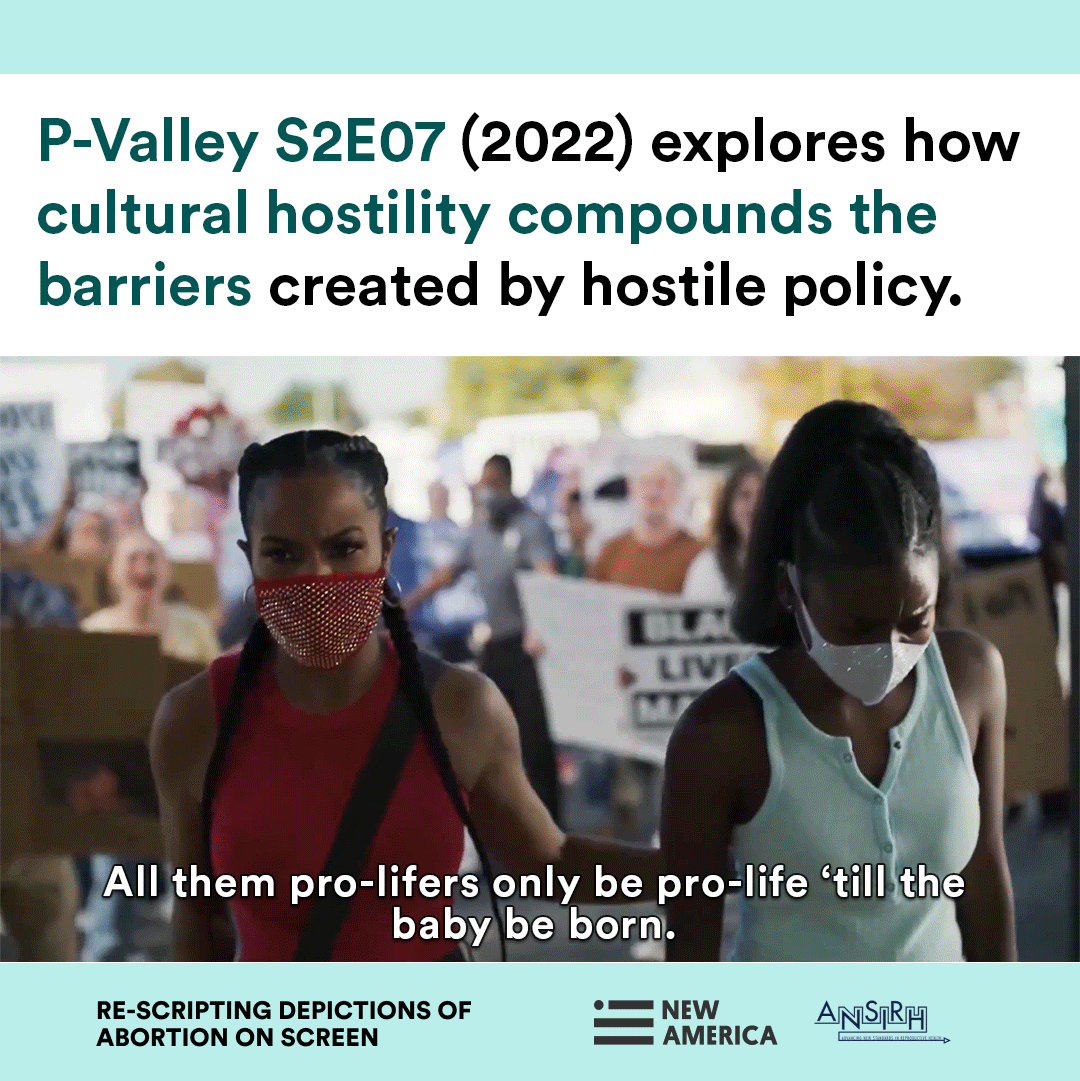
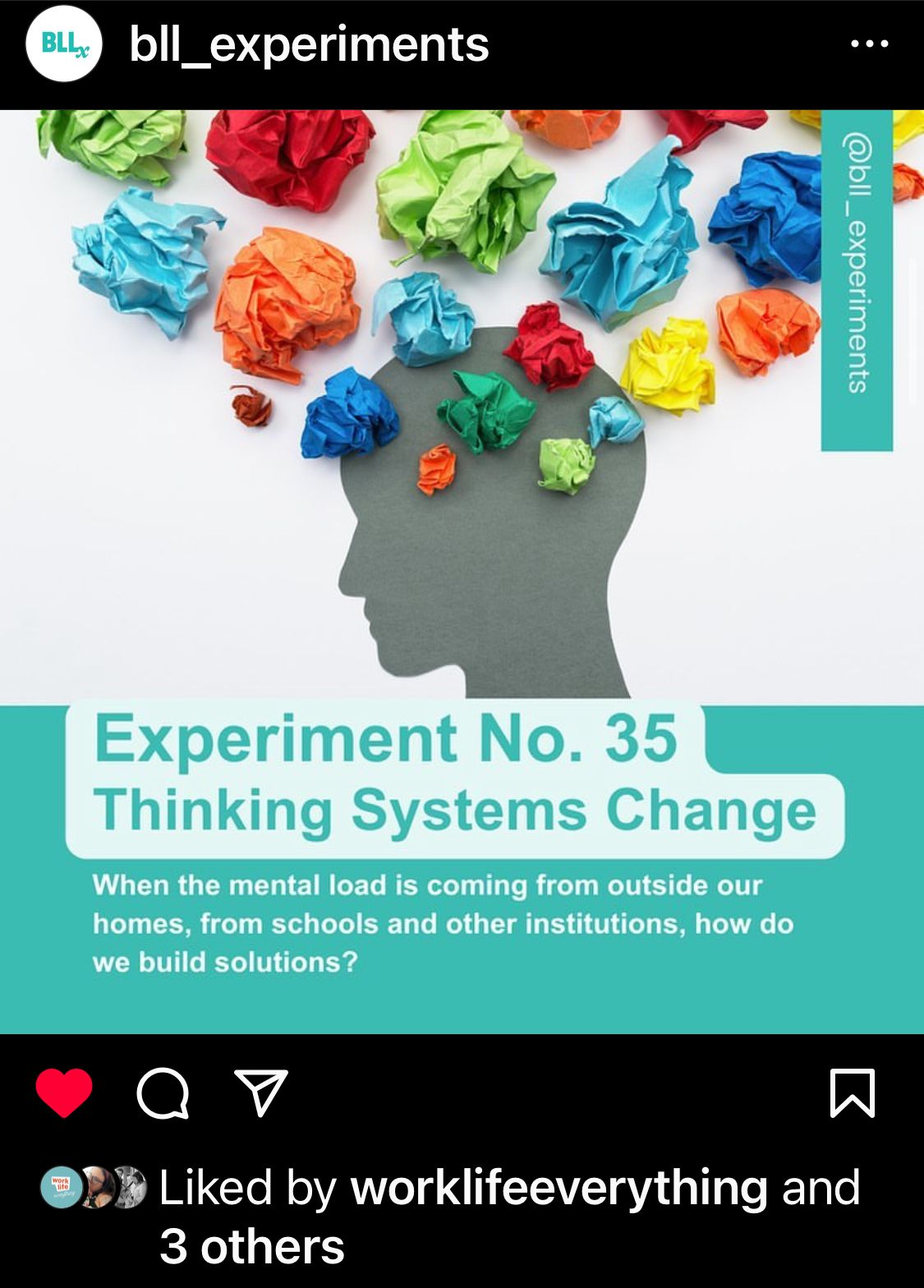
Innovating and integrating solutions

Our primary focus is on systems-level change — universal policy, equitable workplace norms and practices, and care infrastructure across the lifespan — but these things take time. We also value individual- and community-level changes and use our expertise and network to collaborate on finding solutions that promote healthier and happier lives.
Through our BLLx (Better Life Lab Experiments) project, we published three experiments that families could try out in pursuit of a fairer division of responsibilities among adults and children old enough to take on chores. We also included novel ideas on how individuals can make changes to improve their own work and care integration in many of our speaking engagements and in our ongoing Better Work Toolkit series.
Our team will continue our reporting and storytelling on the impact of ARPA-funded anti-poverty programs. This will include reported stories and case studies on how ARPA funds supported interventions to improve a whole host of family economic security and public health, safety, and education issues across the country including:
- Direct cash assistance for families in need
- Maternal health
- Digital literacy
- Food insecurity
- Early care and education
- Job training in care and mental health
We’ll also continue research and reporting projects that explore the future of work, care, well-being, and family justice.
- Reporting grants, fellows, storytelling, and projects exploring innovations in building equitable care infrastructure, from child care to family care
- Business’ role in universal child care and how we can avoid making the same mistakes that we did in relying on employer-provided health care
- Exploring work systems that advance gender equity in the workplace, including the impact of a new SEC proposal for transparency
- Pre-school expulsions and care options for children who struggle in a traditional large-group setting
- The eviction crisis facing Black mothers and children and how it’s fueled, in part, by an inability to access child care
- The systemic causes of unmanageable mental loads for American families, and how women and girls are uniquely vulnerable to finding themselves overwhelmed
- A new Better Work Toolkit and reported pieces on research and best practices for in-person and hybrid work that focuses on gender equity
- The incredible progress made in shifting “family values” to include equality, freedom, and self-actualization, contrary to the narrative that family is “in decline” in the United States
- Expanding our Mission:Visible project to spotlight Black birthing folks choosing not to have children, or to have fewer than they would, due to fears of maternal mortality, financial instability, and other adverse events that disparately affect Black people
We’ll continue to expand both the methods we use to tell stories and our marketing and community-engagement efforts in hopes of reaching audiences who may be less plugged into “mainstream” mass media because this content is inaccessible or because their interests are not represented by these outlets. This includes:
- Multimedia storytelling, through illustrated graphic stories, photography, video, and interactive works.
- More creative social media work targeting specific audiences
- Plugging into established interest-based communities through user-generated content hubs like Reddit and YouTube
- Building a digital community through those sites as well as other semi-closed digital platforms such as Instagram broadcast channels
We’ll continue to support our second-round childcare reporting grant recipients in publishing their stories and produce a second report analyzing the reach and impact of these stories.
We’ll continue our research, analysis, and technical assistance to support paid family and medical leave policy campaigns federally and in key states, along with providing paid leave implementation support. This will include exploring the potential for cross-movement collaboration around business engagement in paid family and medical leave, gender equity and care, and business accountability for undermining the same set of policies.
For our entertainment-focused work, we’ll continue developing materials, conducting briefings and workshops for creators, and writing about the relationship between pop culture narratives and shifts in culture and policy. We're commissioning research and a video to help illustrate the value of gender, work, family and care stories -- and we're looking for partnerships that will allow us to present at television and film festivals.
We’ll continue our work with BLLx, expanding our collection of user-designed experiments for diverse families seeking to share the load more fairly and update our resources to make it easier to find and feature diverse voices in the national conversation through our Mission:Visible initiative.
Imagining a Wellbeing Economy. Reporting and telling the stories of what work, care, and gender equity could look like in a human-centered economy for Season 5 of the Better Life Lab podcast, with reporting focused on the U.S., but drawing lessons from Wellbeing Economy movement projects around the world.
Main Street—not Wall Street—Economic Indicators. Working with media outlets to identify wellbeing economy indicators that should be covered, with the intention of moving beyond typical economic reporting on the stock market and job numbers that don’t reflect the wealth inequality and daily struggle that most people face managing work and care.
Does the Media Care? Media accountability, education, and training project on care-economy reporting.
What We Talk About When We Talk about Gender. Research, storytelling, and convening project with collaborators to unearth the root of many gendered narratives, and work together to uncover truer, sticker stories that will shift paradigms, norms, and behavior.
Optimizing Non-Fiction Storytelling for Attitudinal Change. Expanding our ethical storytelling work to include discussion of the media psychology and communications studies concepts that illuminate the mechanics of narrative change and the language, tactics, and processes that storytellers can use to optimize for creating lasting attitudinal change in audiences, leading to cultural and policy change.
Voting, Race, Gender, and Family Well-Being. Challenging the common narrative that voting is a way for marginalized people to ensure their well-being, when for certain demographics—such as people of color and queer folks—that is rarely the case. This storytelling project will be solutions-oriented—based on places and people who did breakthrough our existing systems, like Black Voters Matter’s extensive groundwork to flip Georgia in 2020—and focused on how we can improve current democratic methods to ensure work-family well-being and a better overall quality of life for everyone.
With additional funding for our Care Reporting Fellow, Katherine Goldstein, we’d like to expand our work telling the stories of the strategies and tactics at the state and local level that are leading to care movement wins, amplify community voices and stories and help build the care movement’s connective tissue.
Research, Reporting and Writing Fellow Haley Swenson has envisioned a three-year strategy to expand the research capacity at BLLx, with new projects on the mental load, and an inclusive, participatory research project aimed at marginalized communities, with a special focus on single parents.
Our Team
This year, we welcomed Julia Craven and Jasmine Heyward to our staff team and Katherine Goldstein as a new fellow.
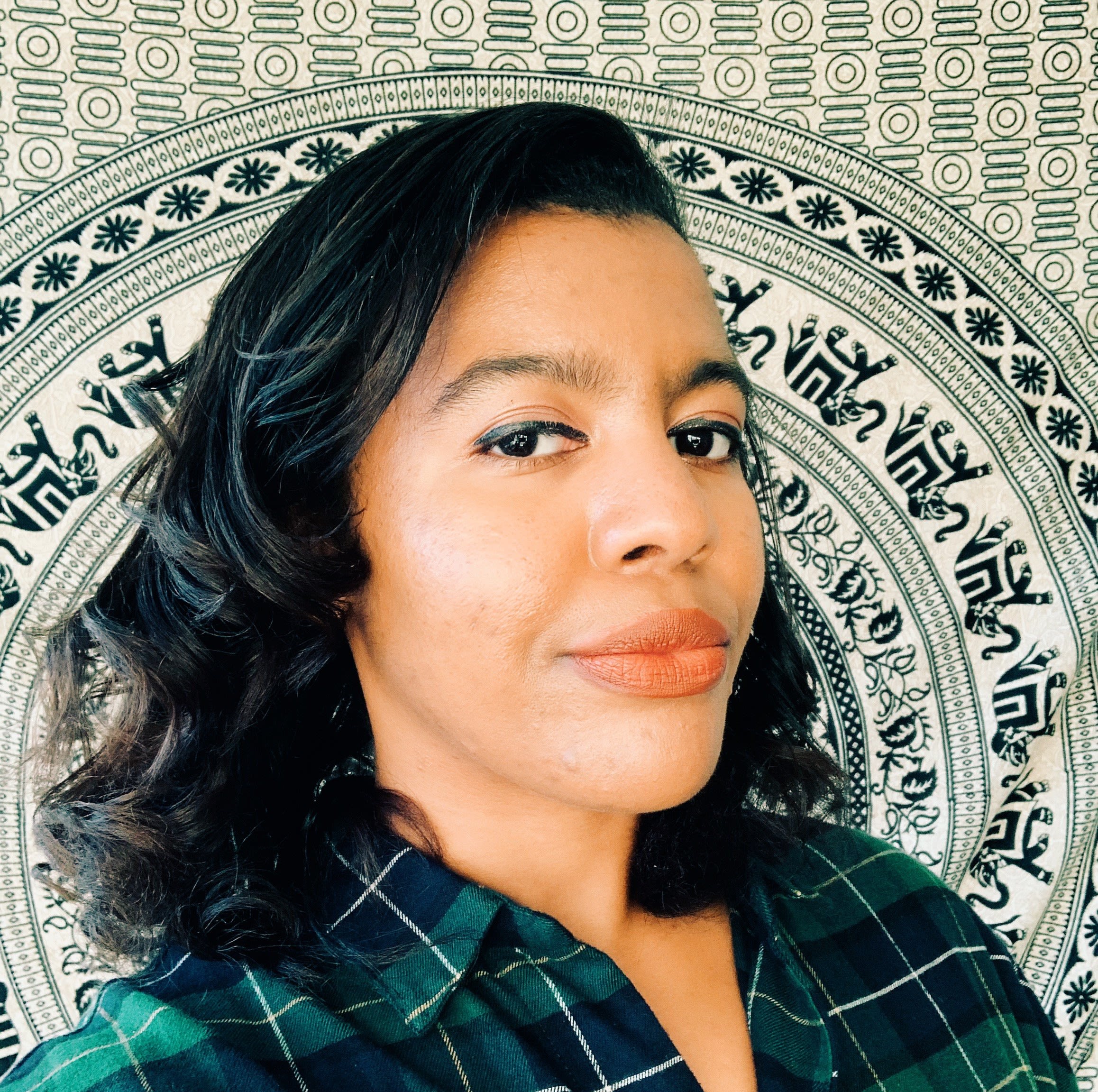
JULIA CRAVEN
Senior Writer/Editor
Julia Craven is a writer and editor who researches how Black women’s health and well-being are impacted by America's sociopolitical and economic systems. Her focus is on driving progress for Black women and their families by shifting narratives about health, well-being, gender, work, family, and the value of care; busting myths about individual grit as the key to overcoming systemic racism; and showing how public systems can advance more significant gender, racial, and economic equity. She’s also the brain behind Salt + Yams, an acclaimed newsletter dedicated to Black health modalities.
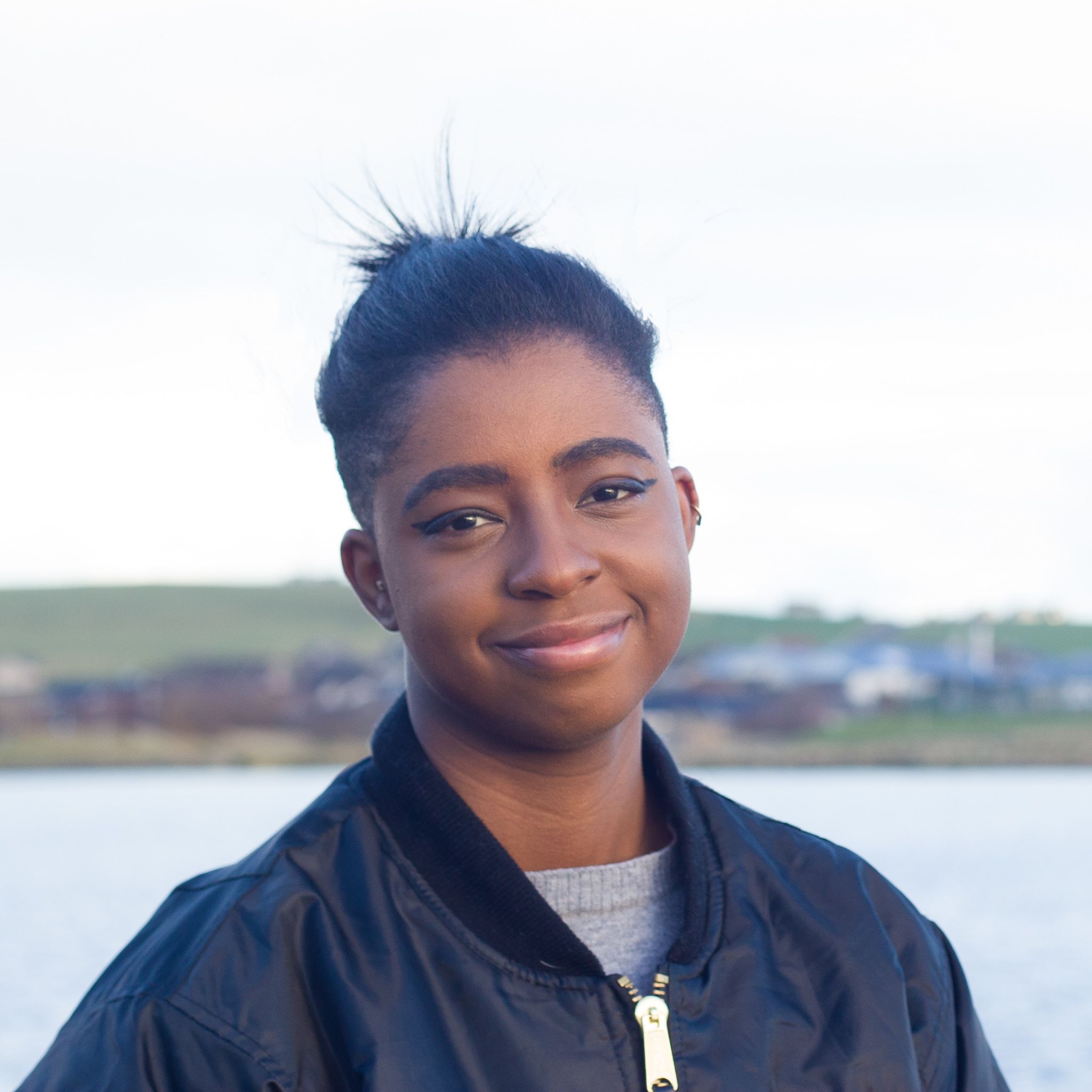
JASMINE HEYWARD
Communications Associate
Jasmine is a digital designer, communications specialist, and media psychology researcher with experience as a reporter, K-12 educator, researcher, and lab coordinator. They’re interested in the affordances of digital platforms for community and movement building and write primarily about trauma and recovery, trans issues, and the representation of mental illness and marginalized community issues in fictional media.
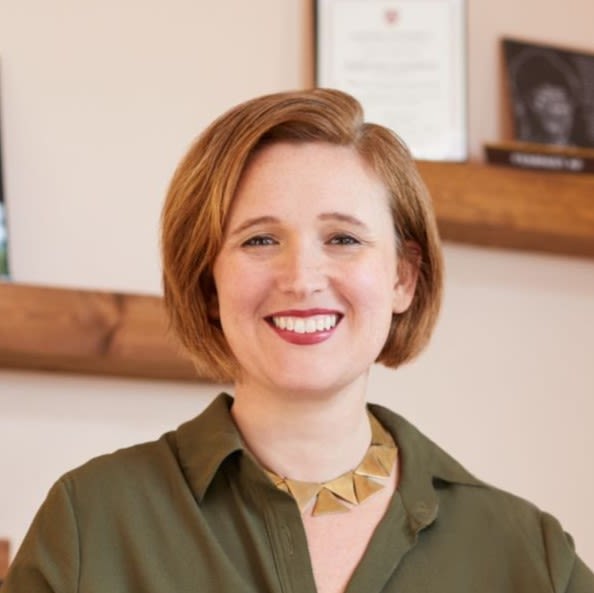
KATHERINE GOLDSTEIN
Care Reporting Fellow
Katherine’s work with the Better Life Lab focuses on how the “care movement” can capitalize on the post-pandemic moment to push for large-scale social change in how our society values and views care. She’s also a speaker and journalist who writes on mothers, caregivers, and gender equity for the New York Times, TIME, Washington Post, Vox, and more. She’s a former Harvard Nieman Journalism fellow and the creator of The Double Shift newsletter, podcast, and community.
Our Full Team
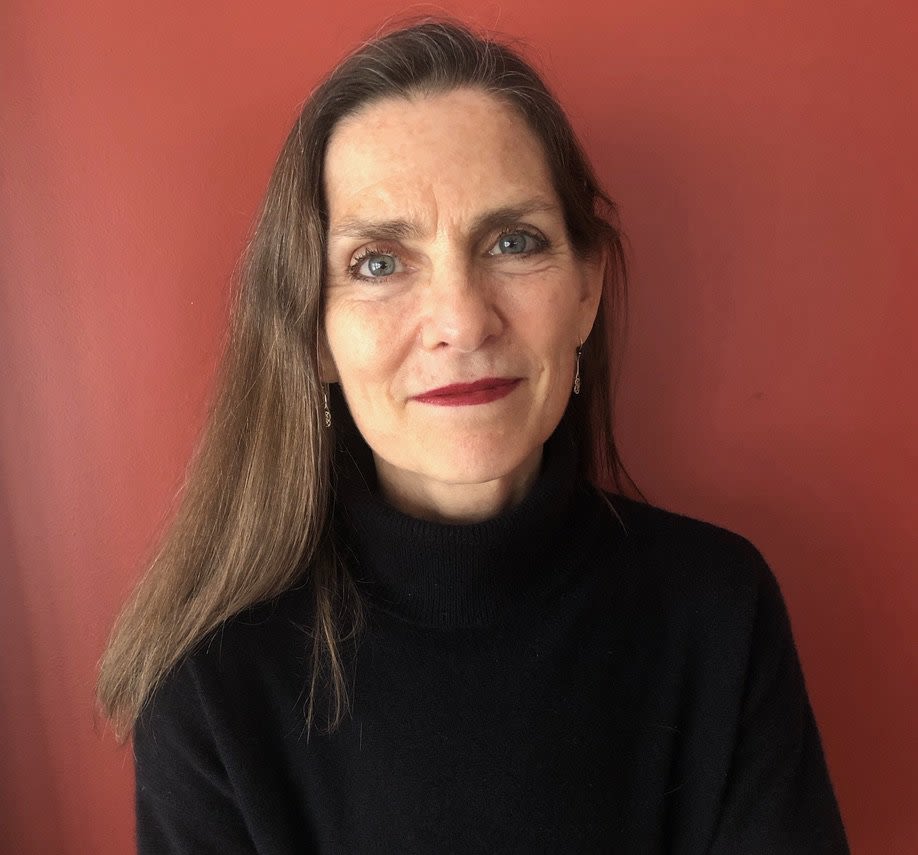
Brigid Schulte
Director

Julia Craven
Senior Writer & Editor

Rebecca Gale
Staff Writer

Jasmine Heyward
Communications Associate

Katherine Goldstein
Care Reporting Fellow
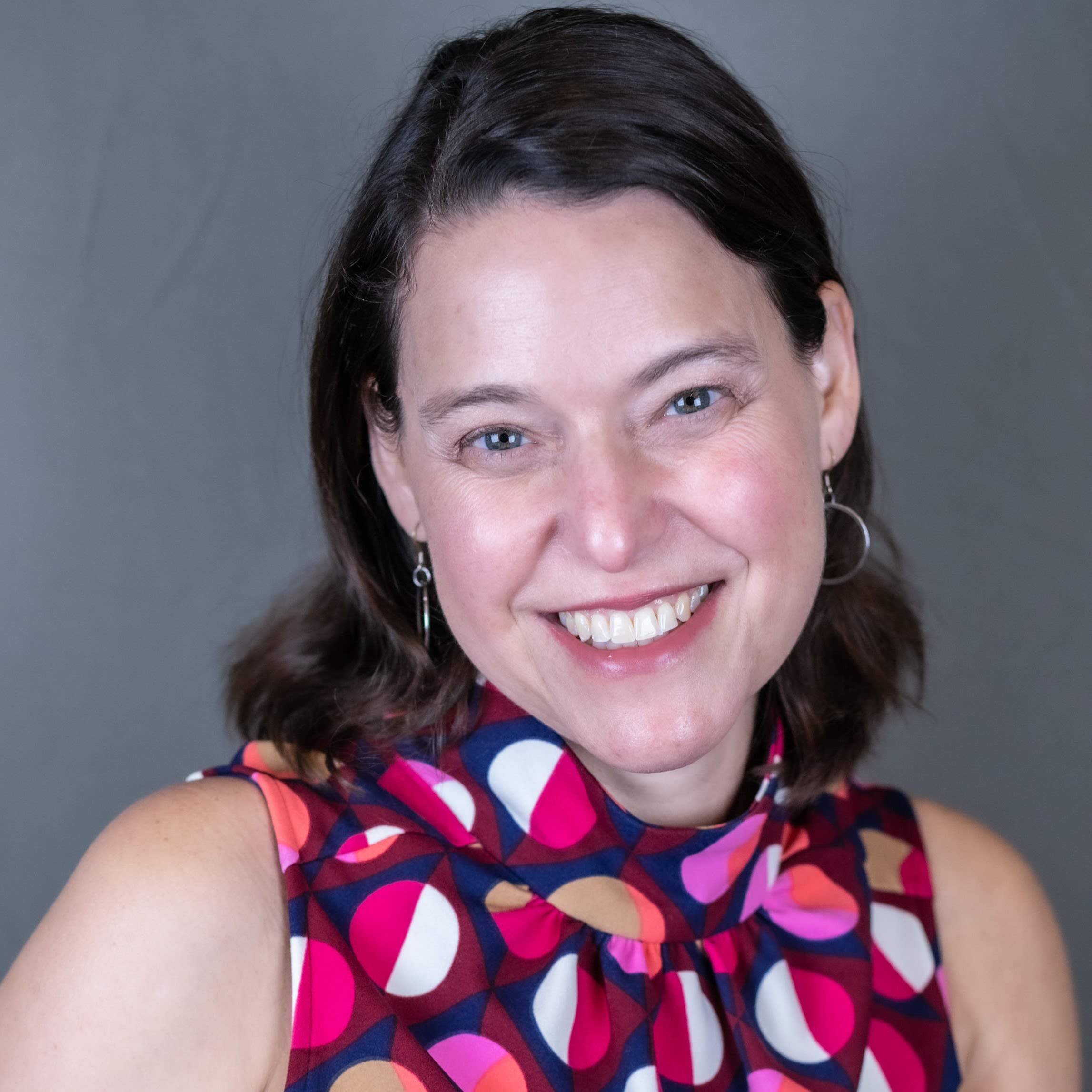
Vicki Shabo
Senior Fellow and Founder, Entertainment Practice
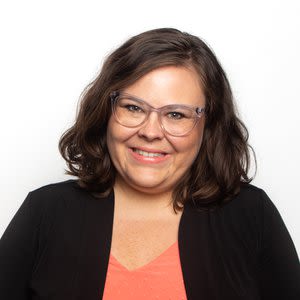
Haley Swenson
Research and Writing Fellow
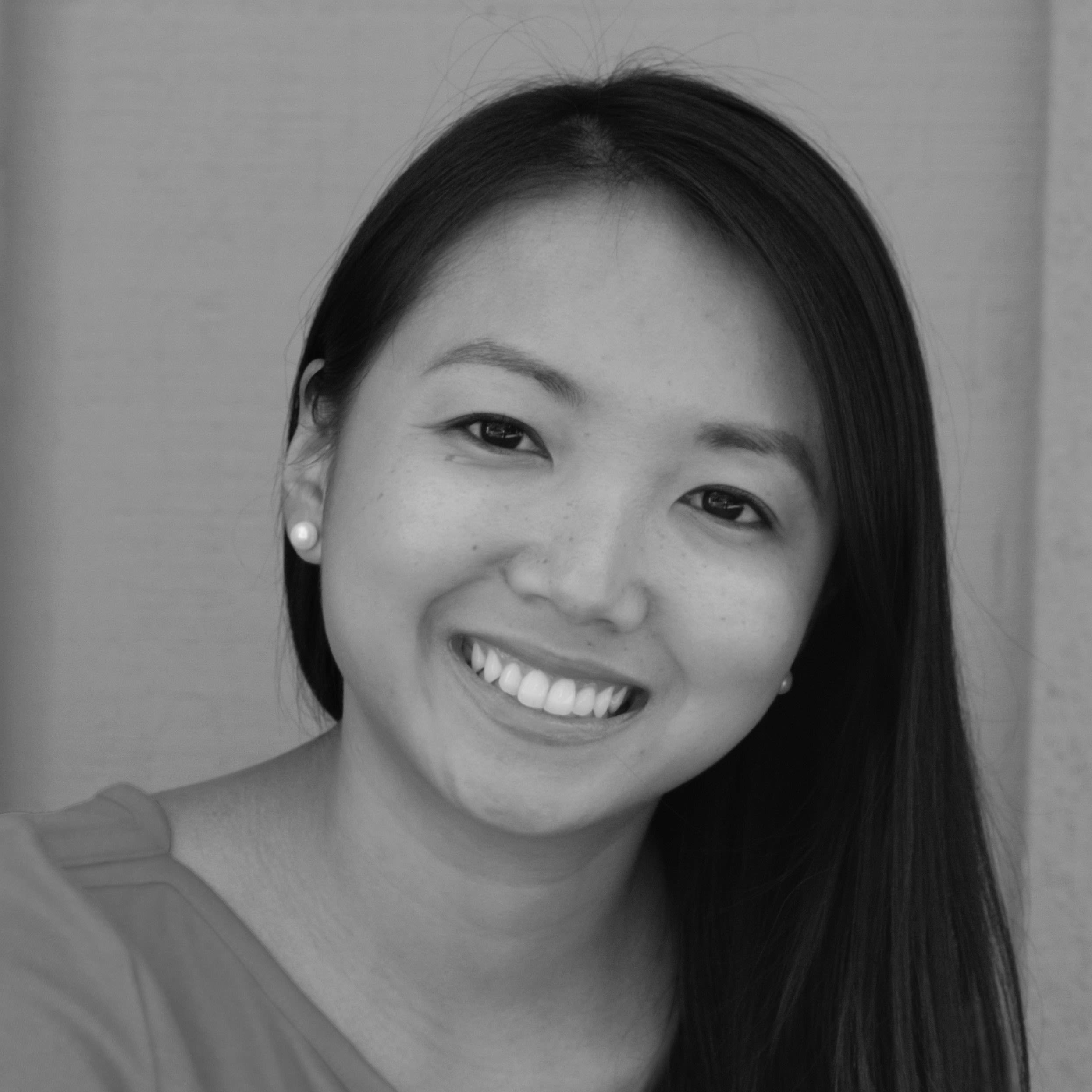
Ai Binh T. Ho
ACLS Leading Edge Fellow
Our Advisory Council
Members of the Better Life Lab’s Advisory Council support the financial and intellectual life of the program and become partners in our work to elevate the value of care, promote gender equity, and create a culture where people and families can combine their work and life in meaningful and equitable ways across the arc of their lives. Our current members are:
- Adrienne Penta, Brown Brothers Harriman
- Andrew Solomon, Writer and Lecturer
- Christy Johnson, Artemis Connection
- Erin Cohan, Amazon
- Eve Rodsky, Author, CareForce Co-Founder, Fair Play Policy Institute
- Joan Williams, Center for WorkLife Law
- Linda Delaney, Delaney Stafford LLC
- Michelle Holder, John Jay College, City University of New York
- Sam Saperstein, JPMorgan Chase
- Susanna Samet, Deloitte

